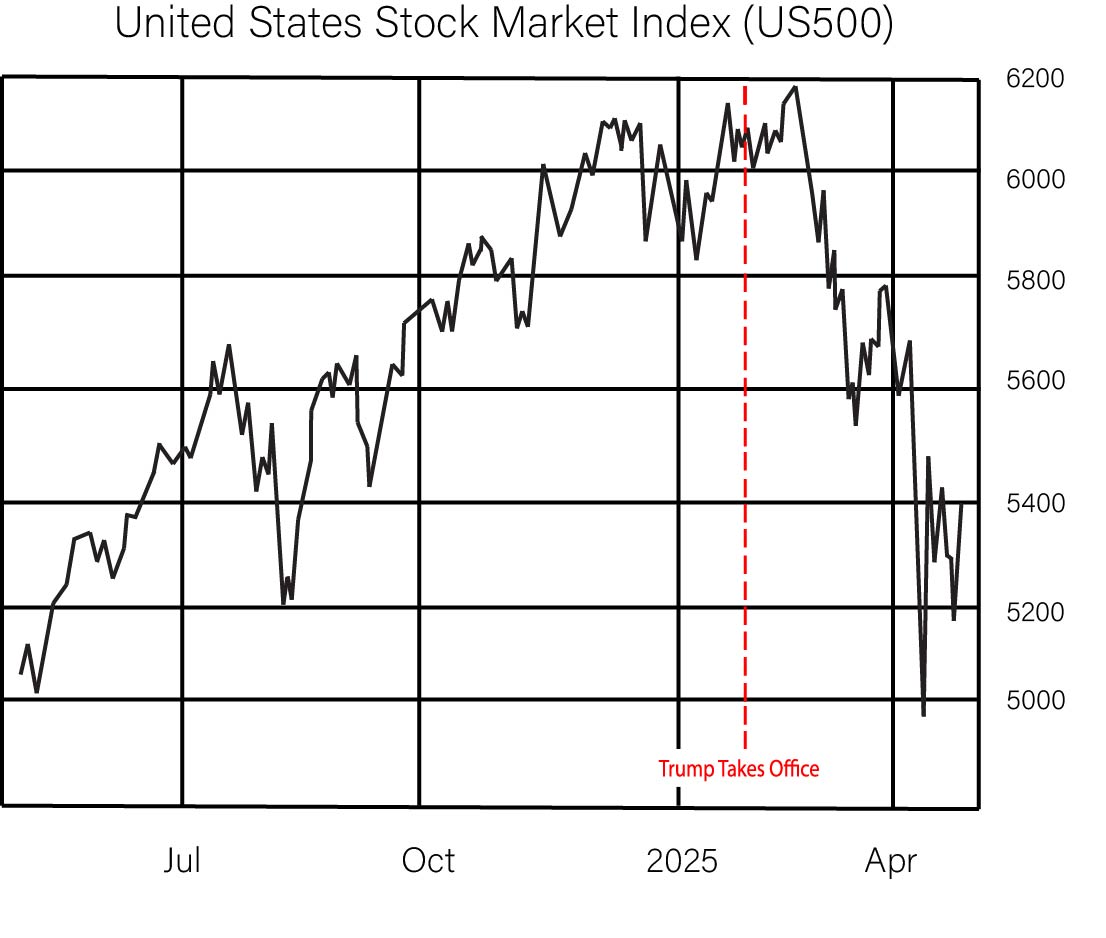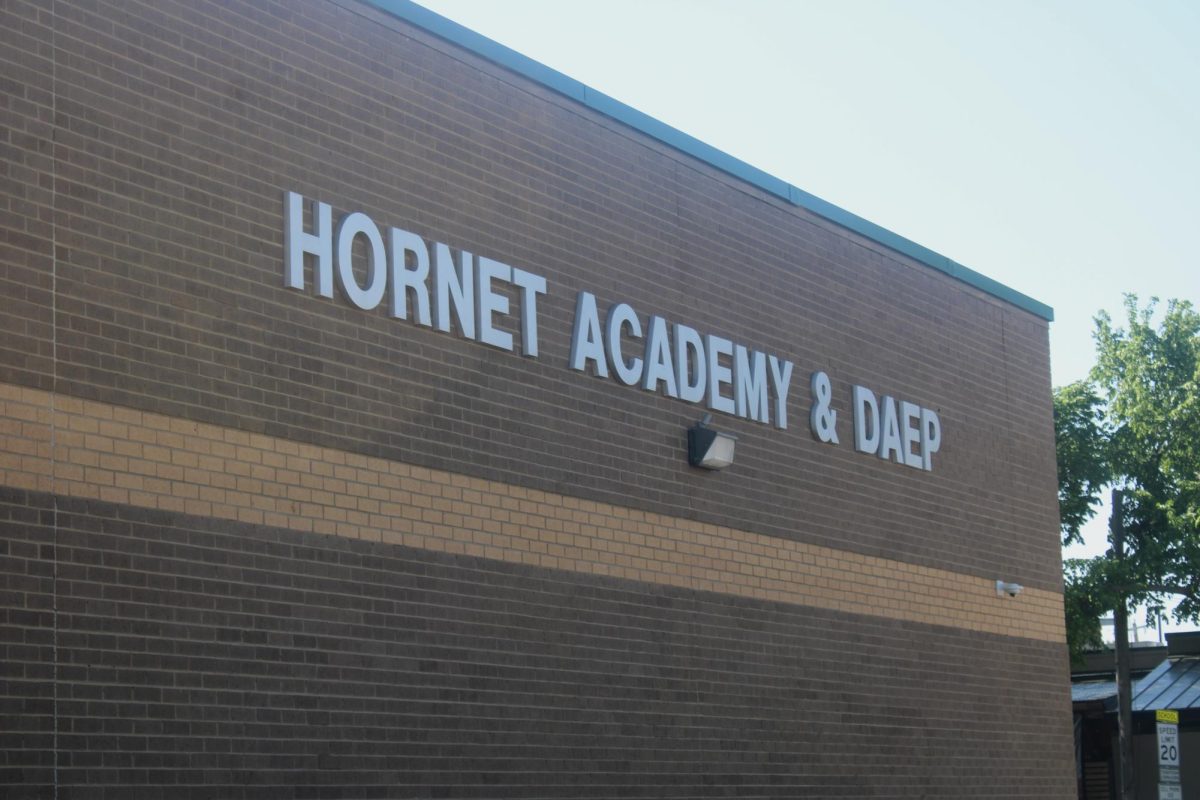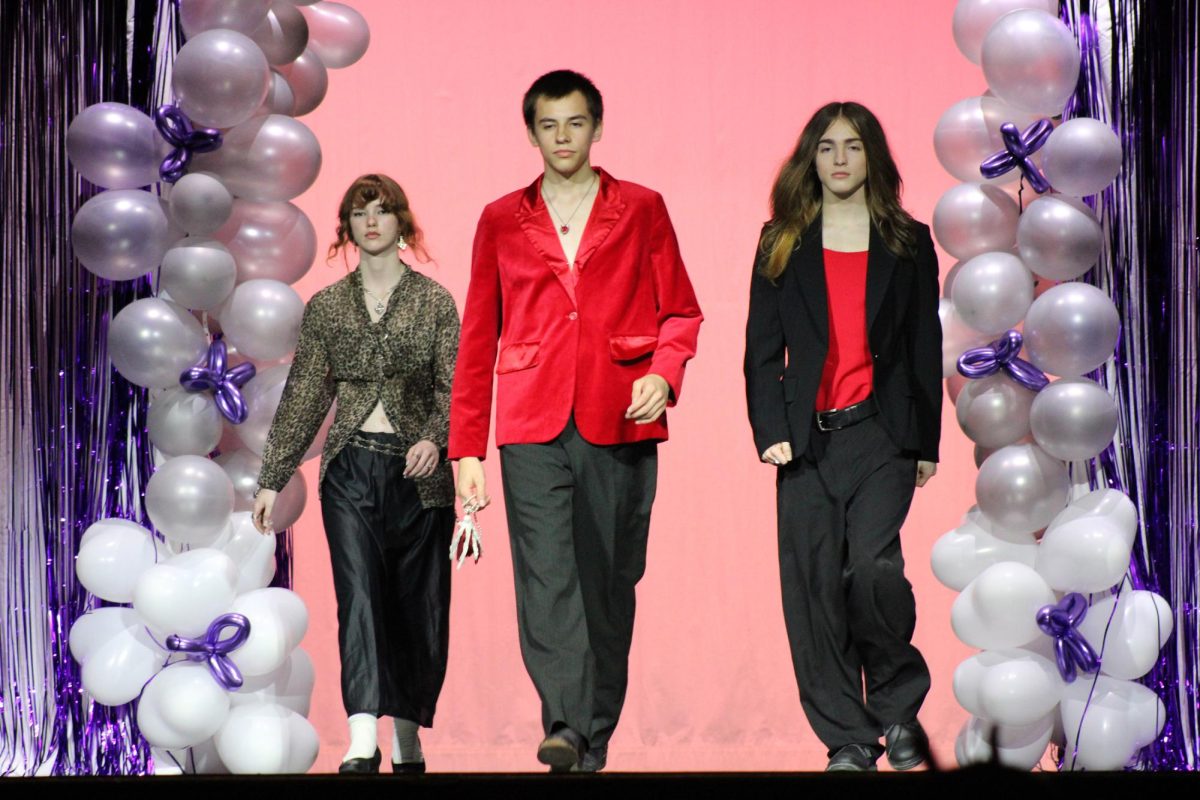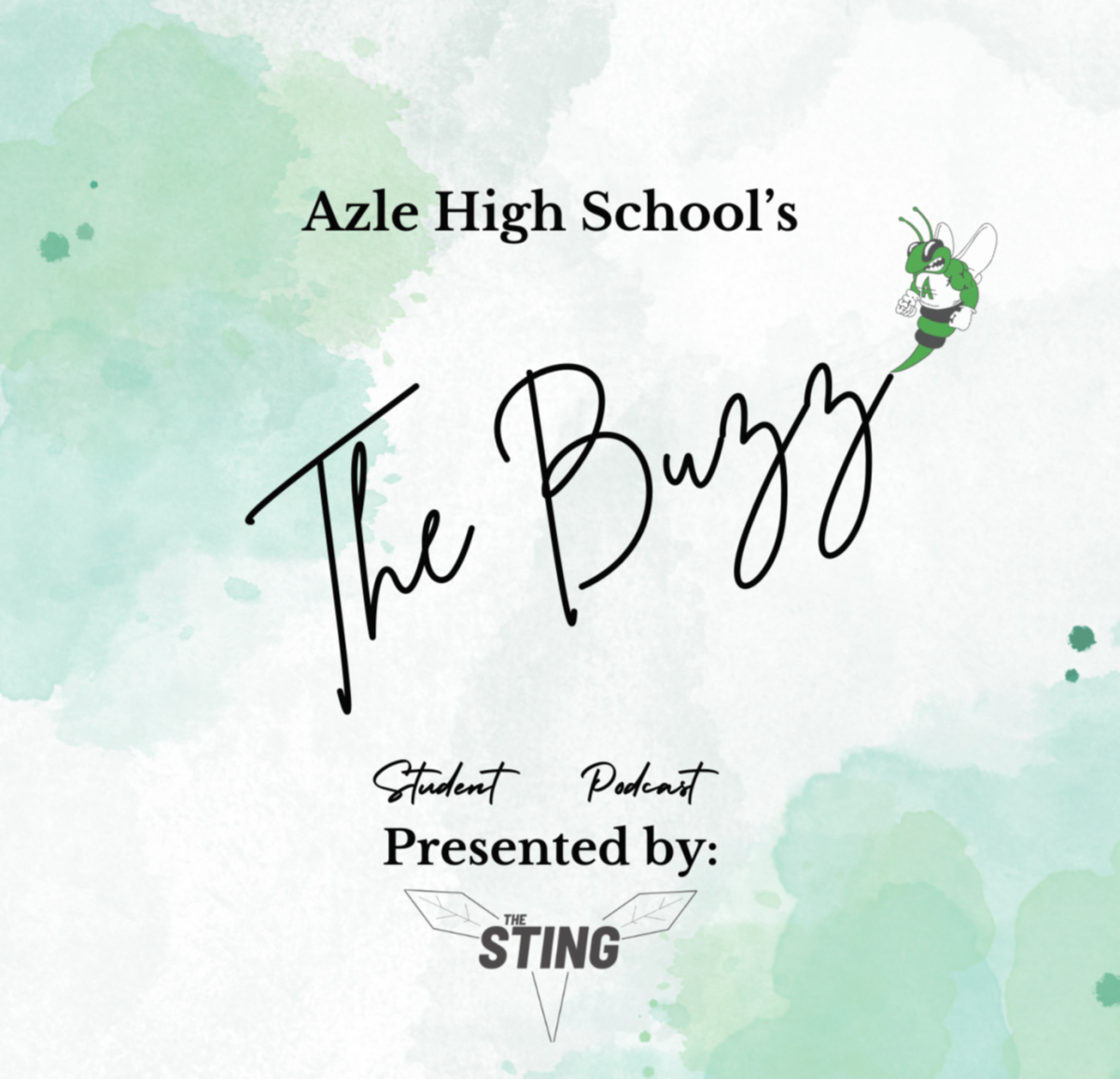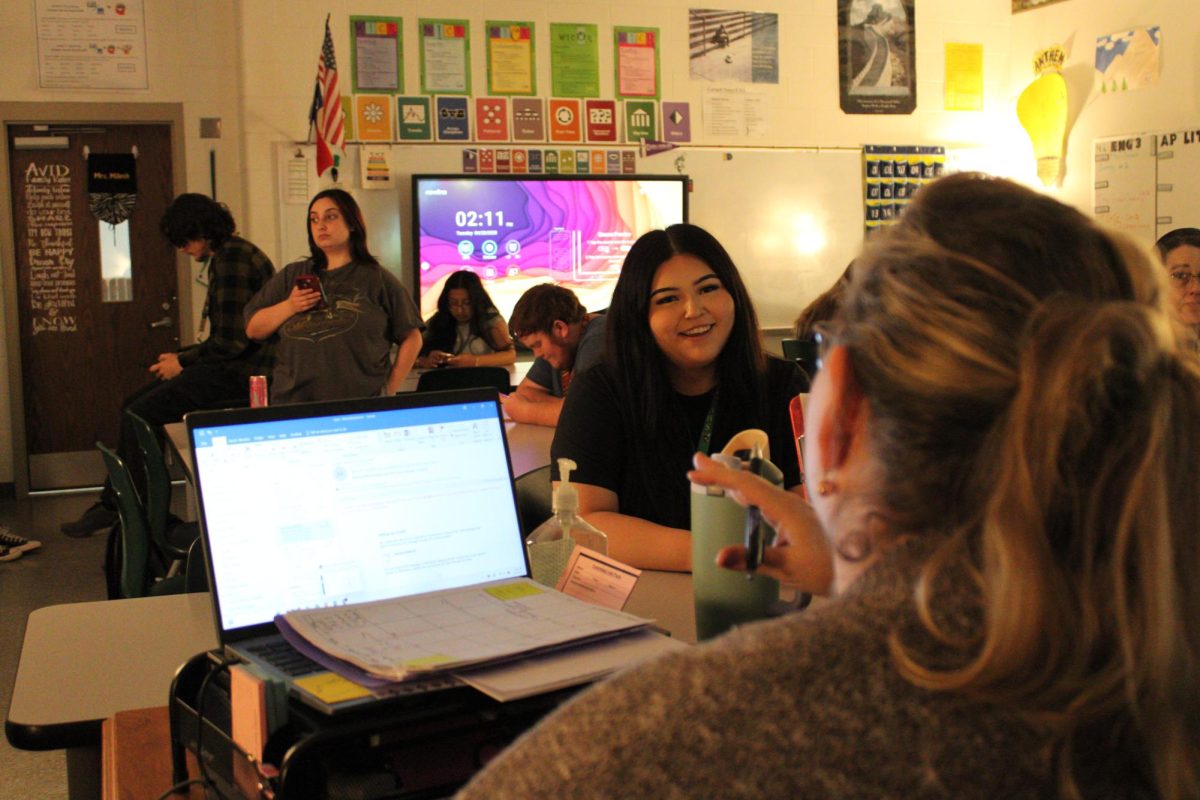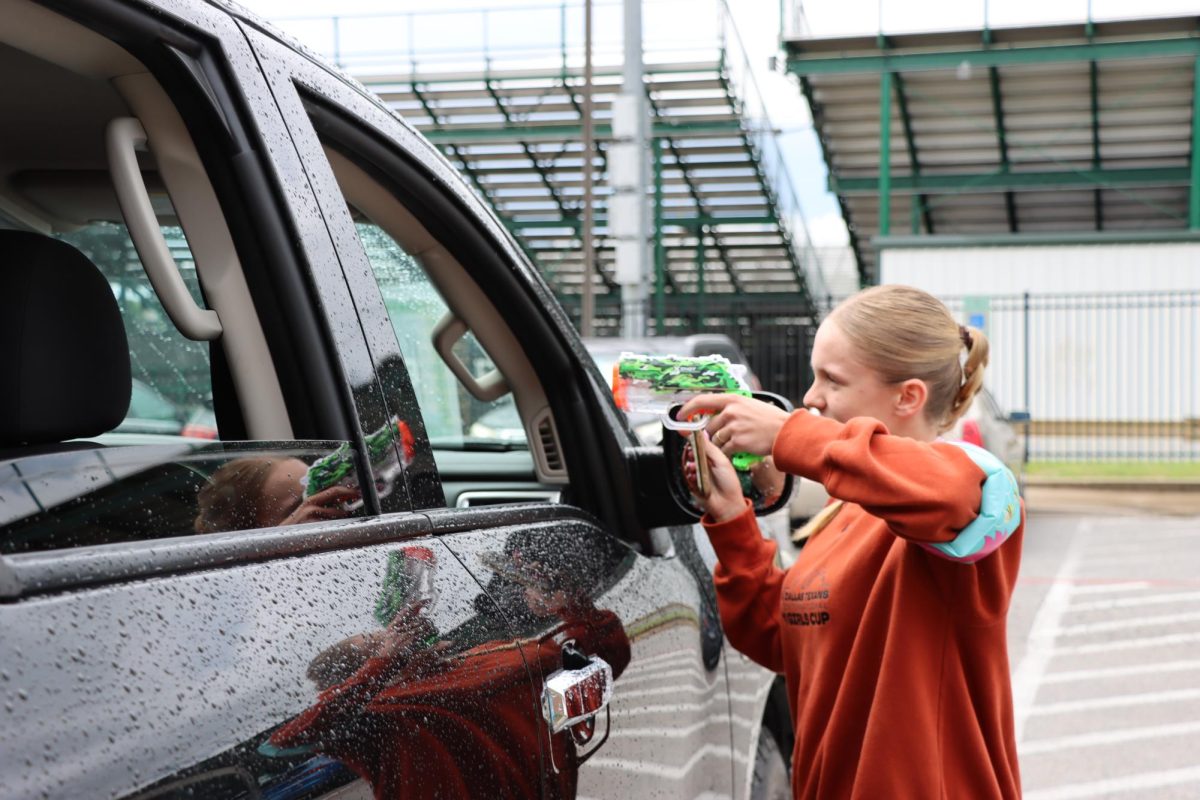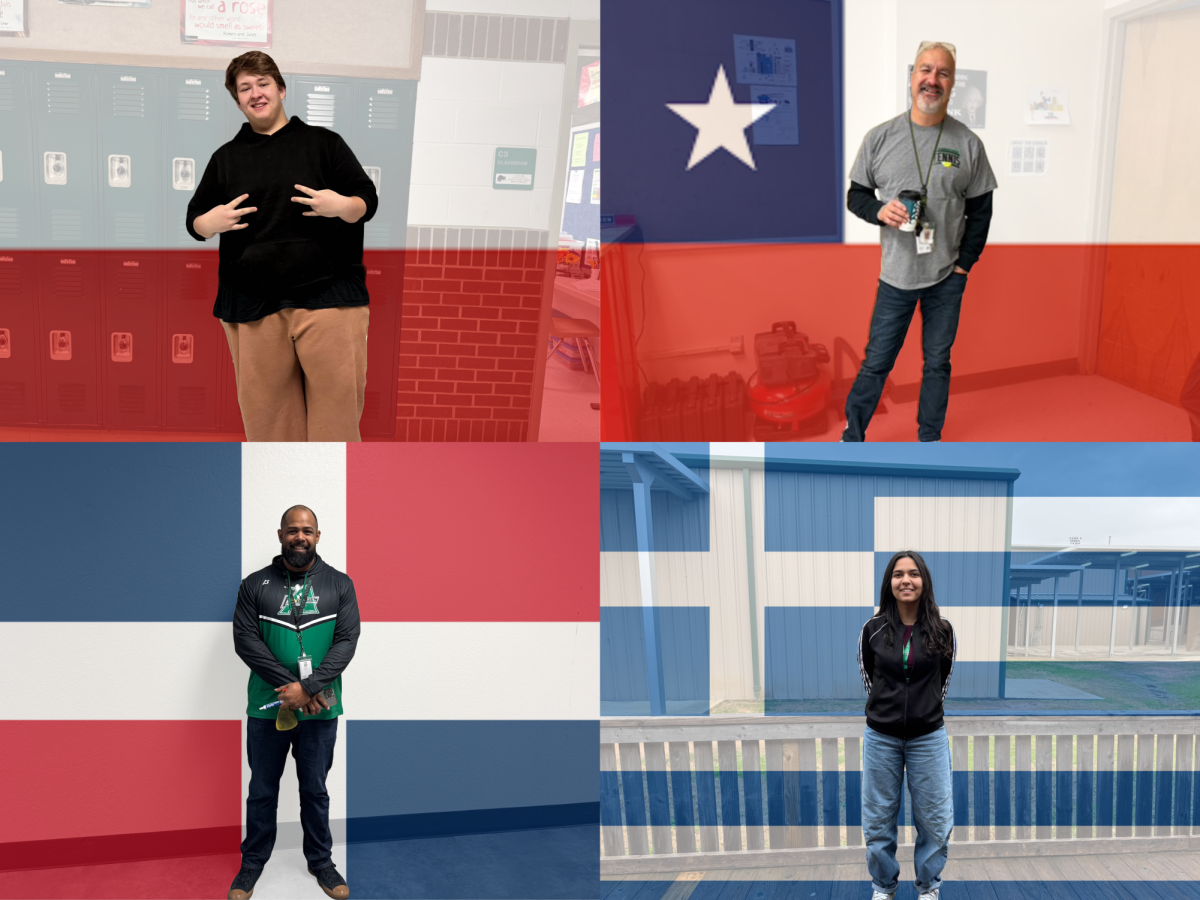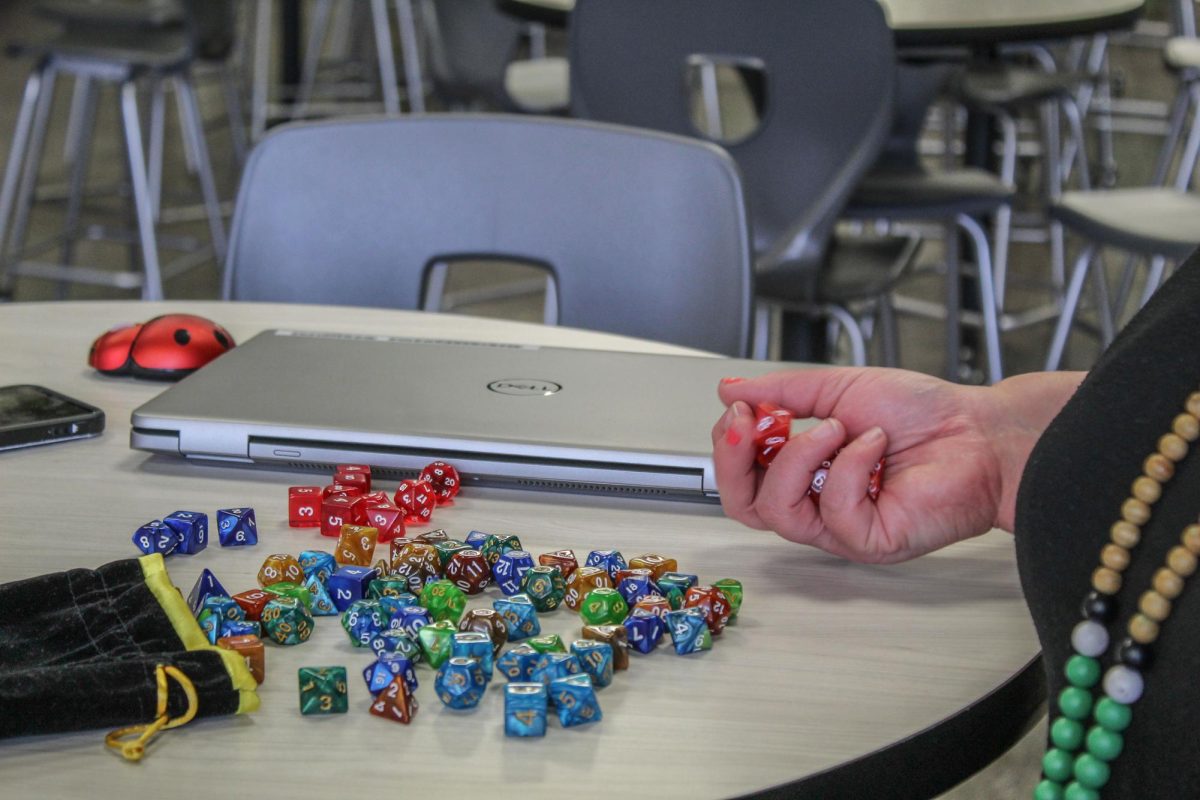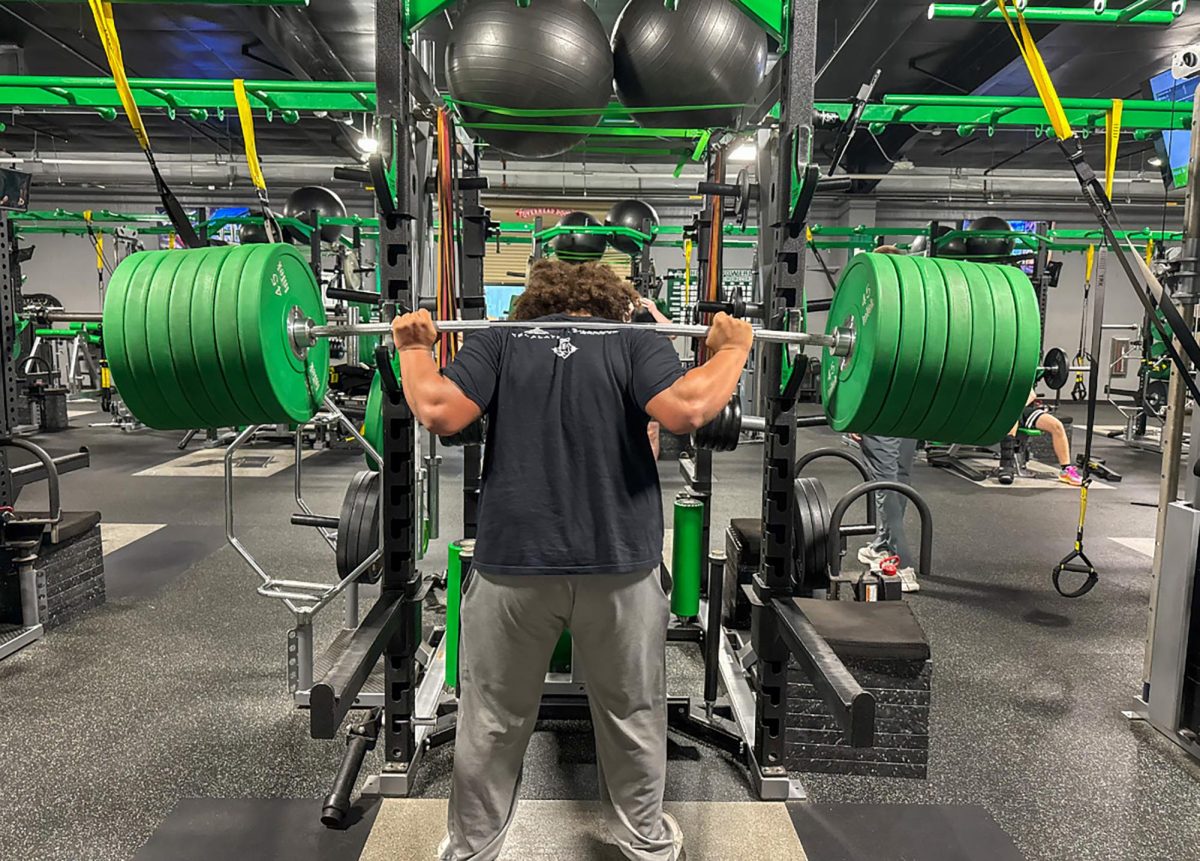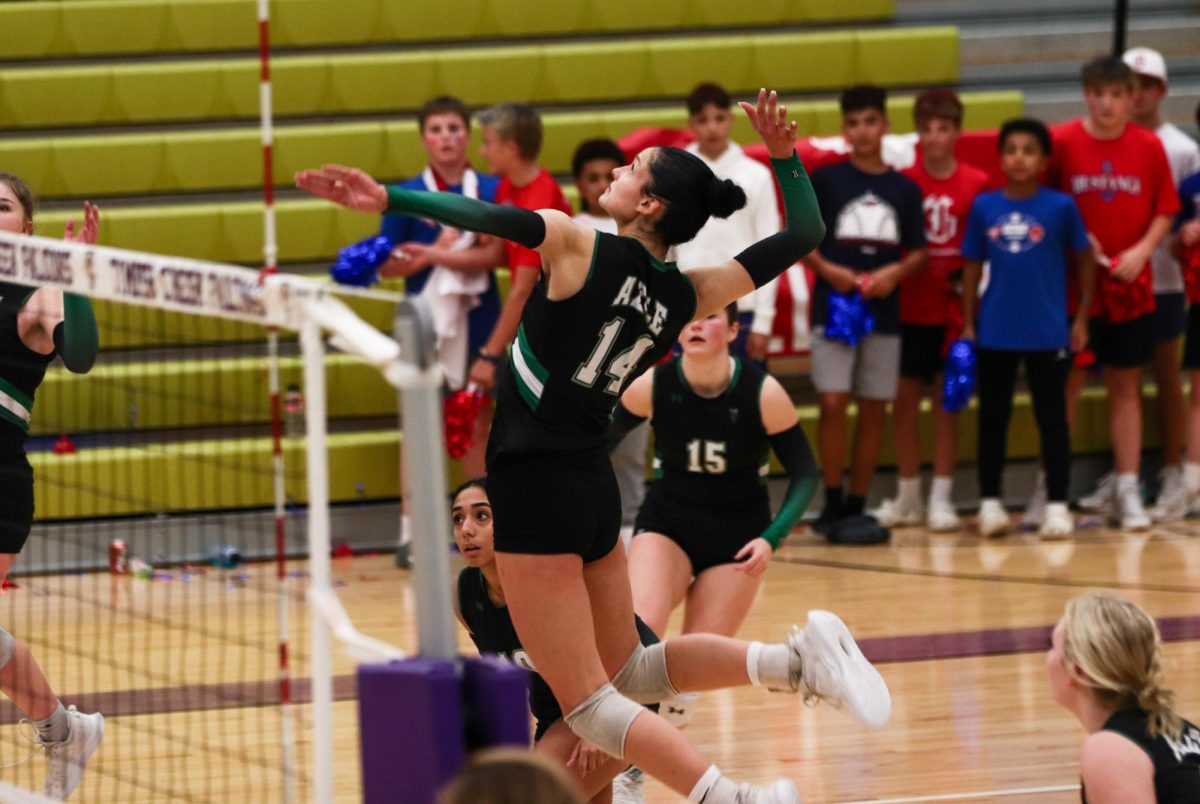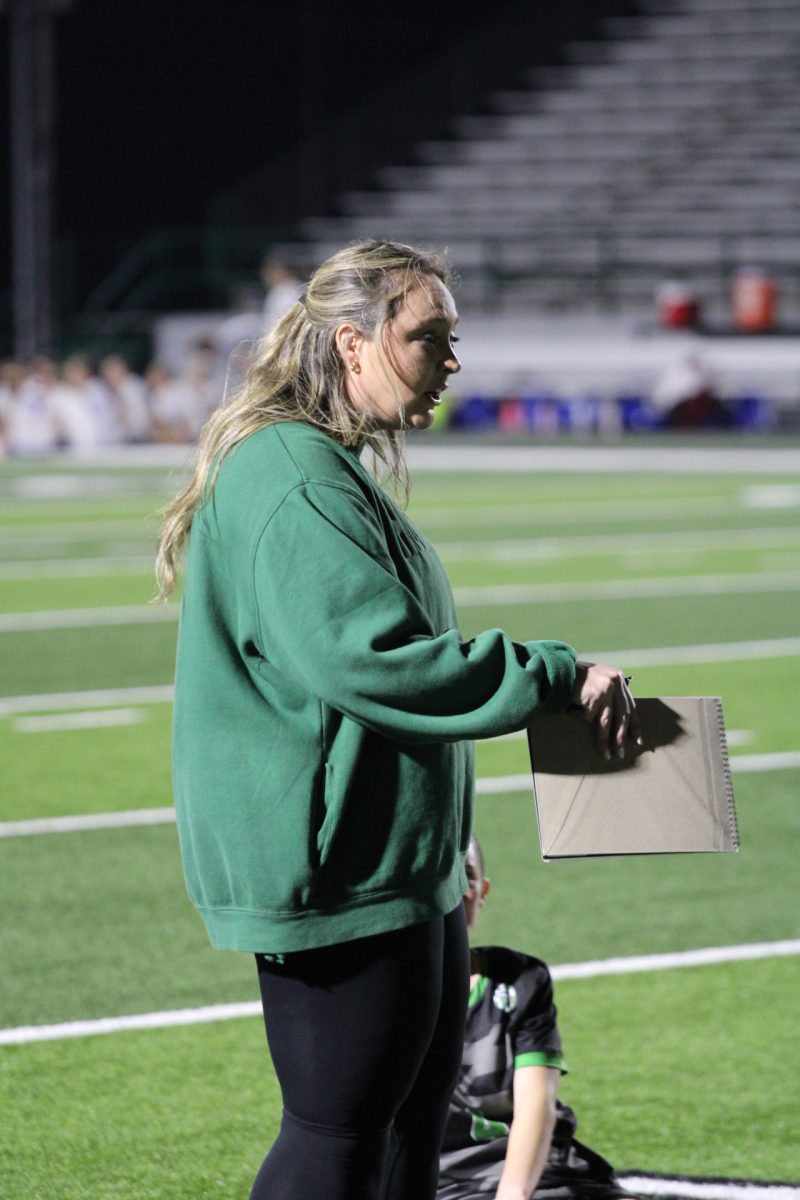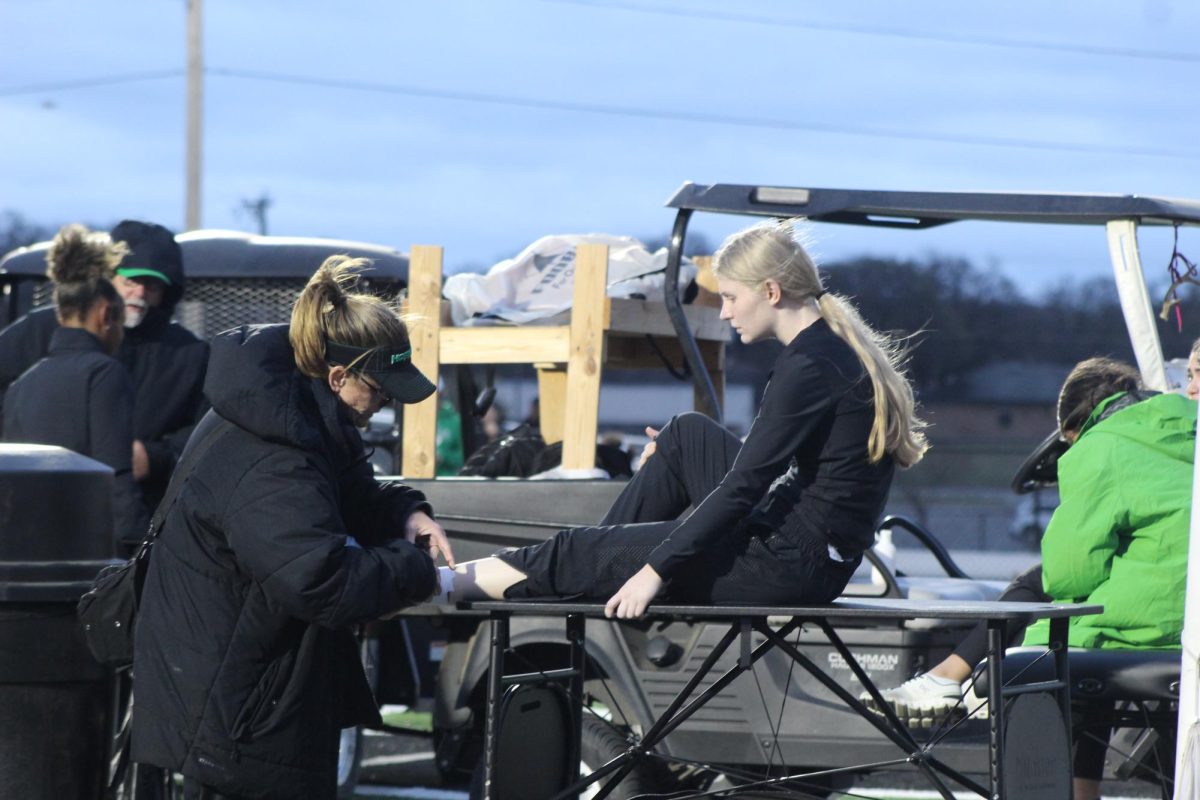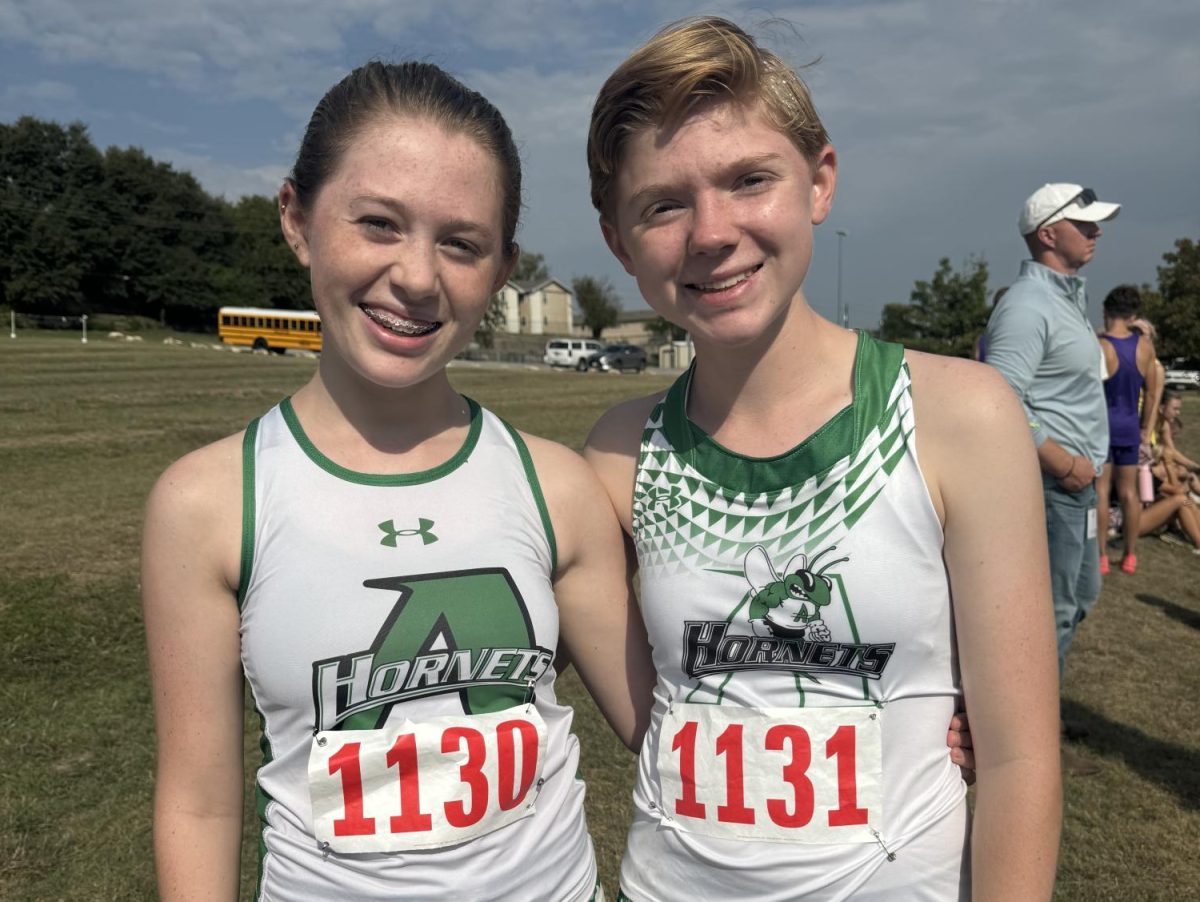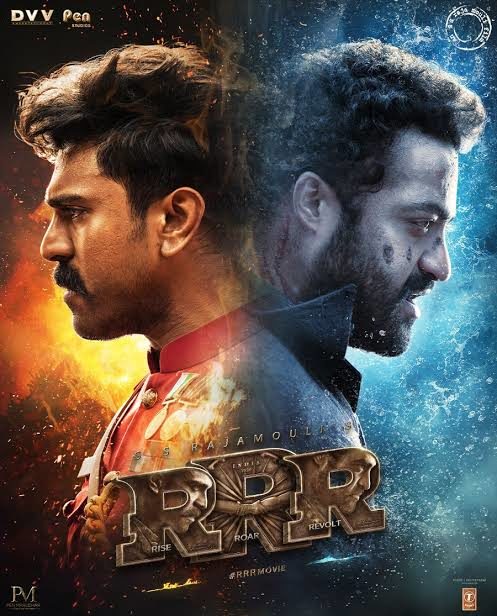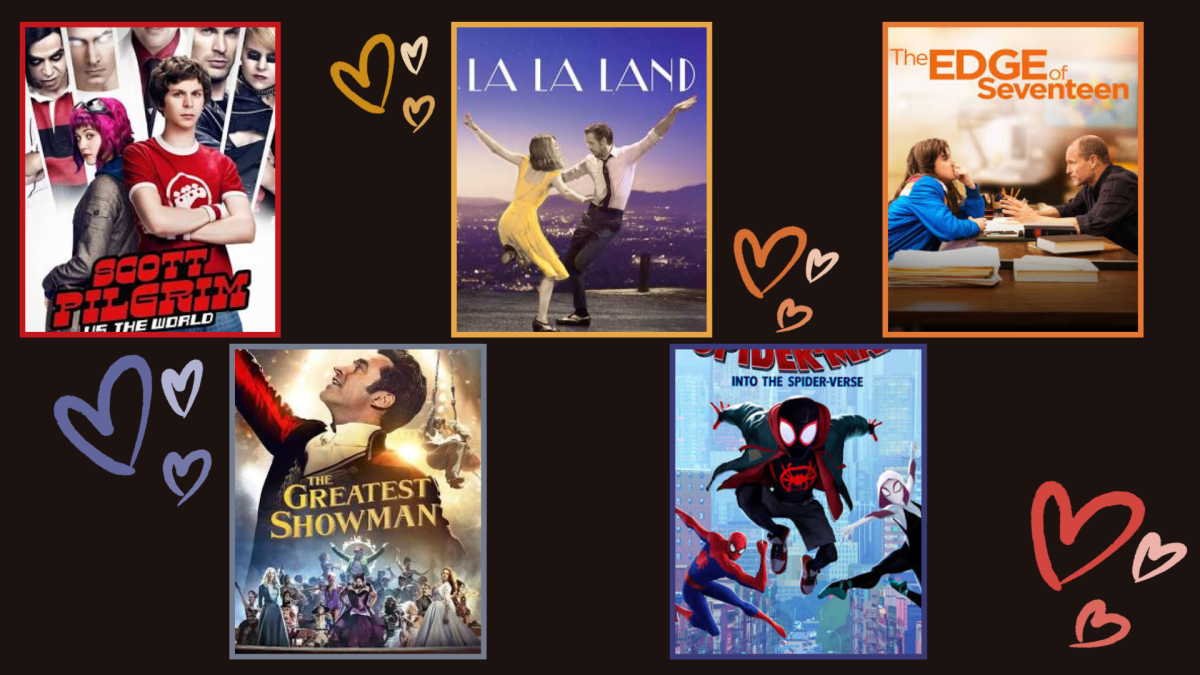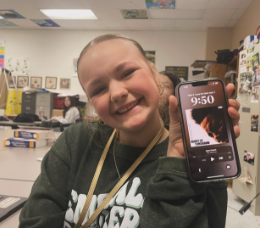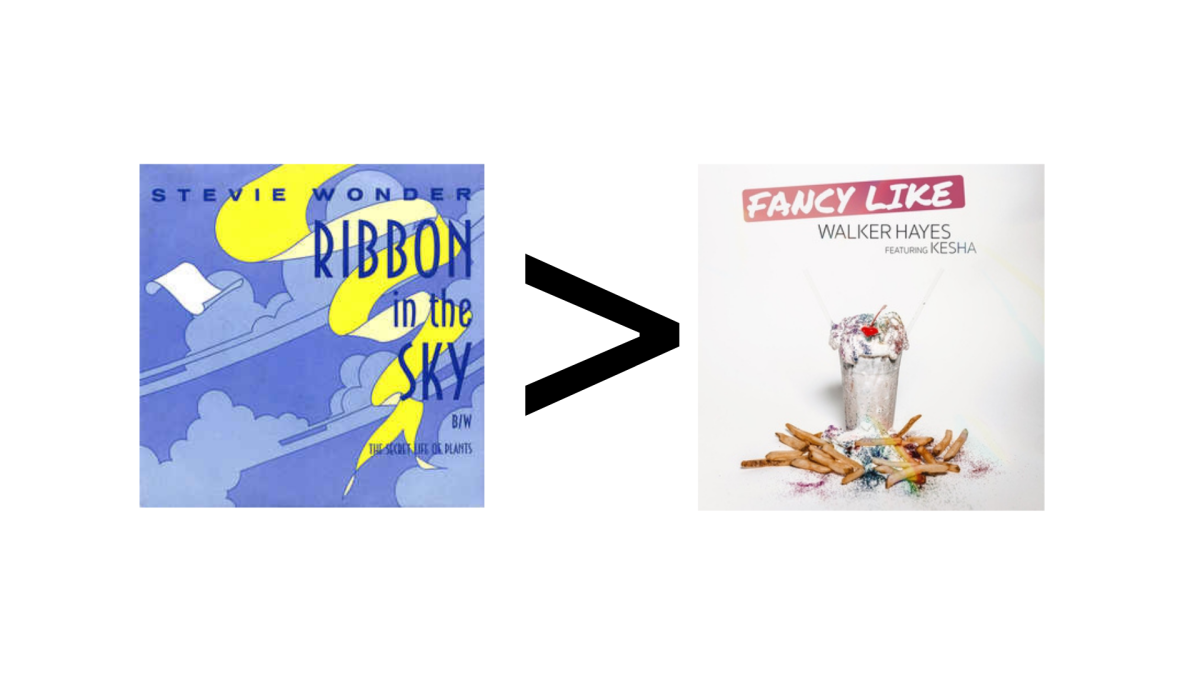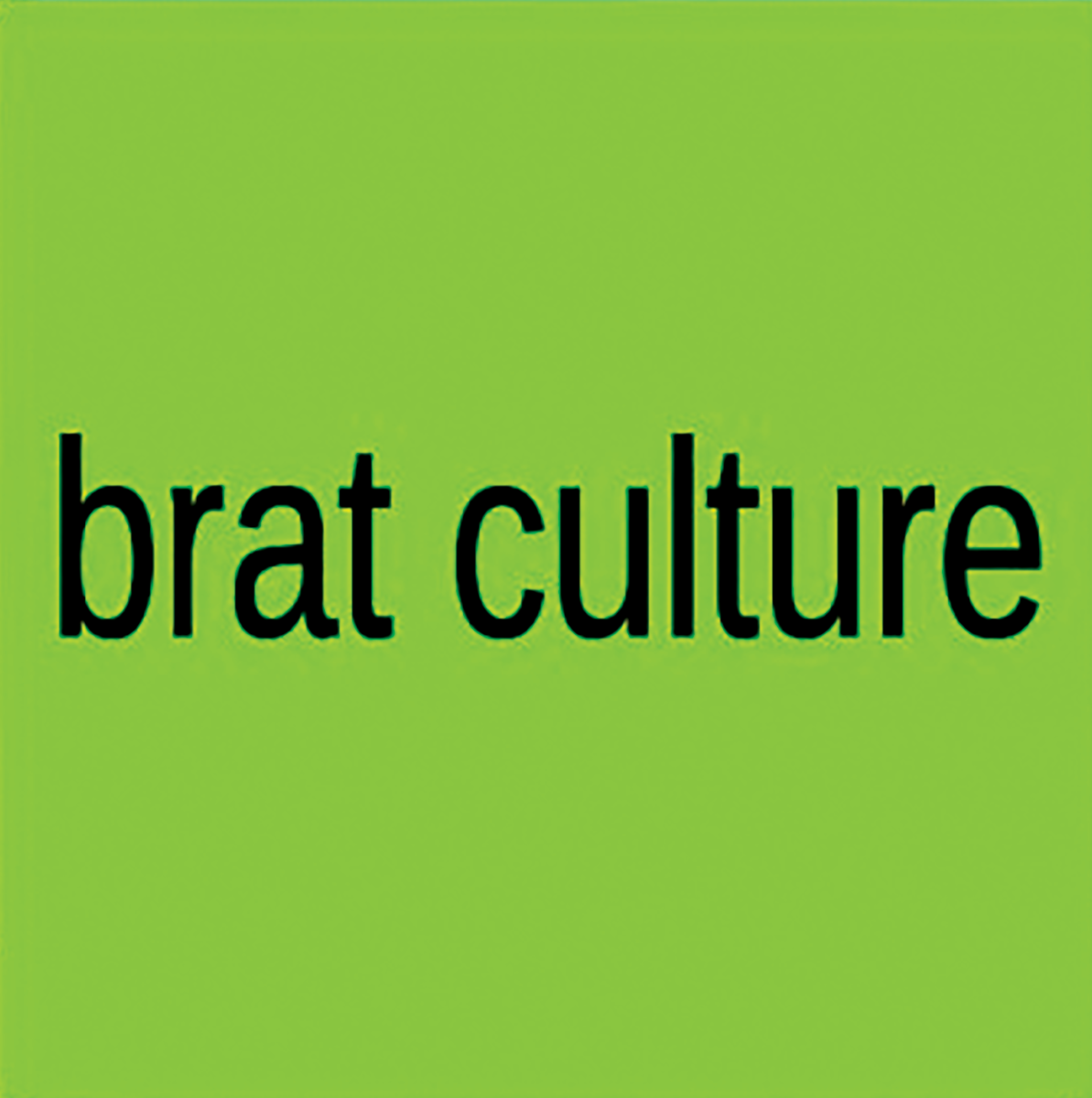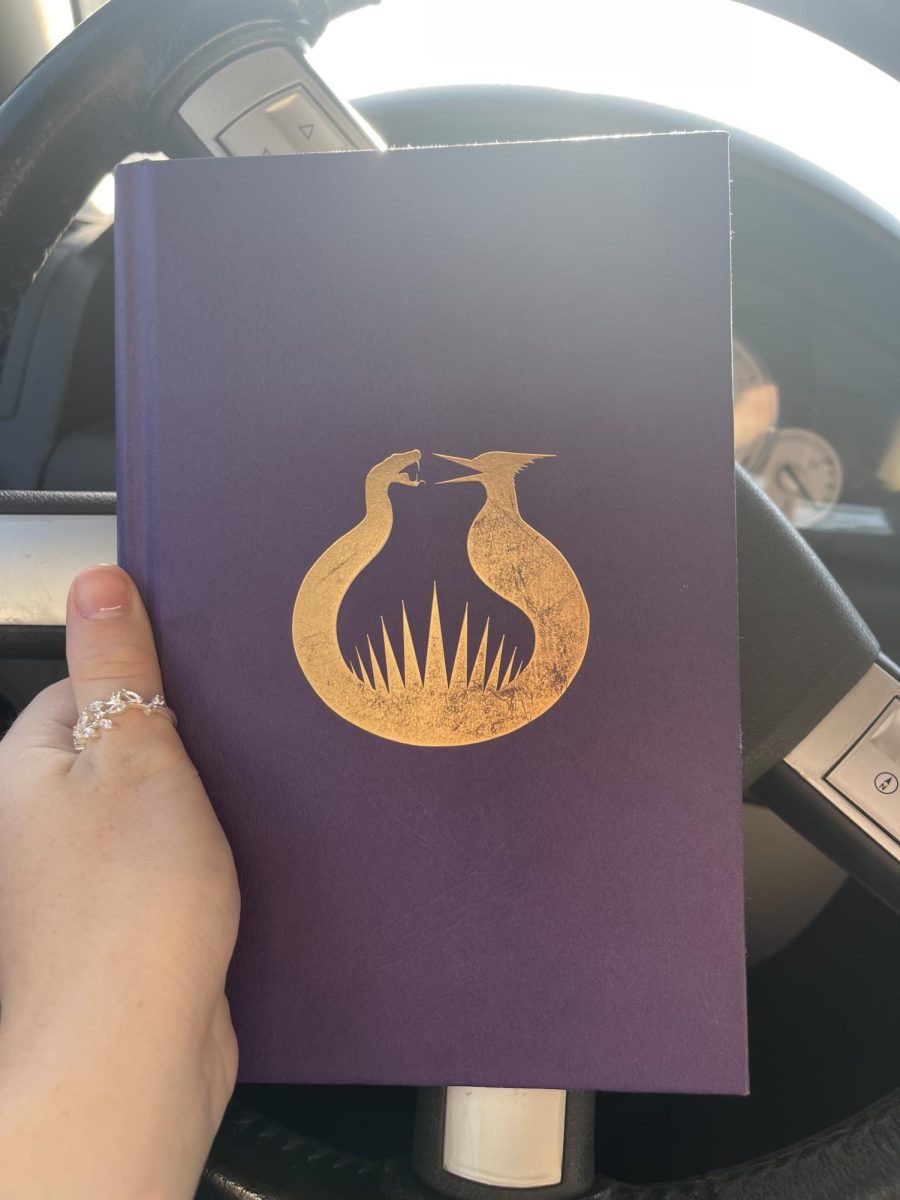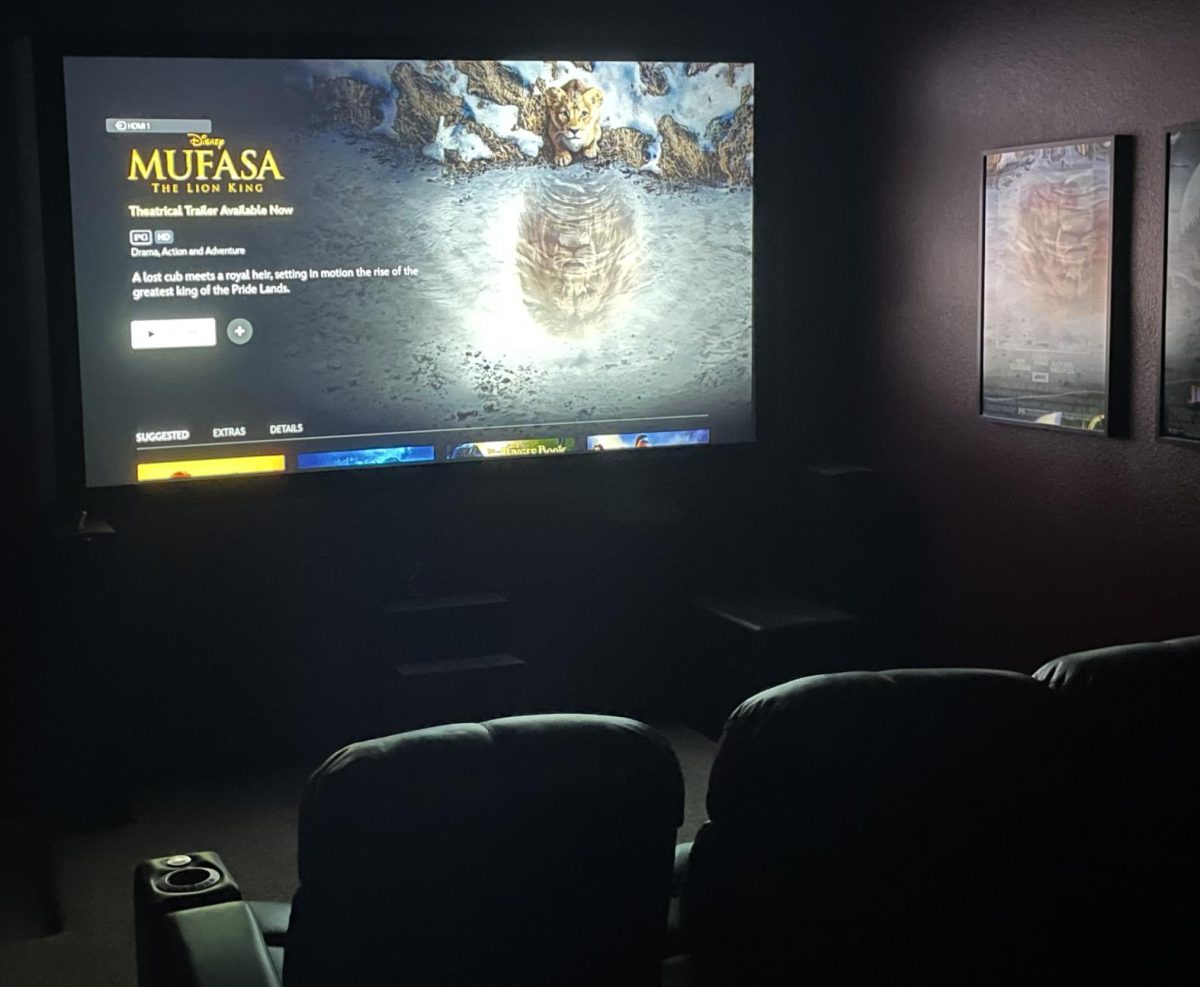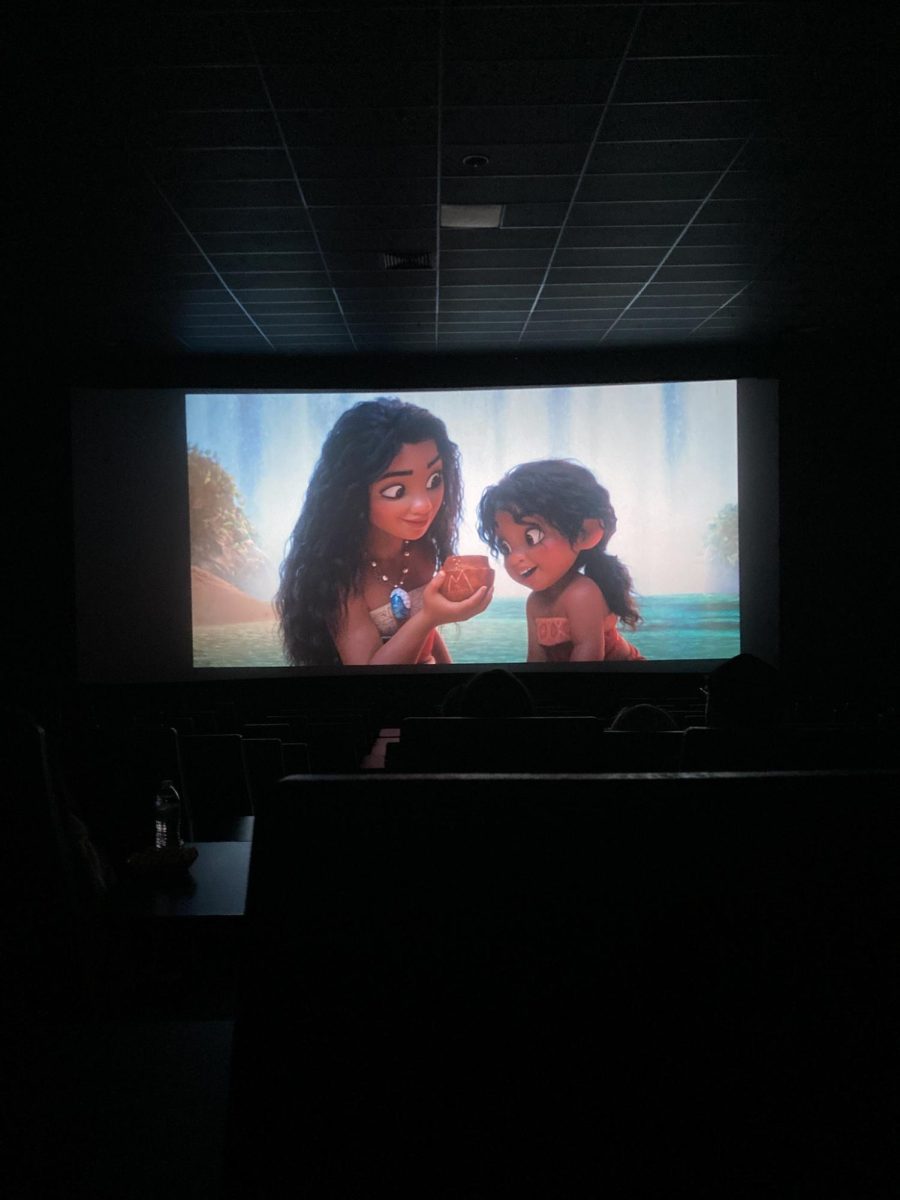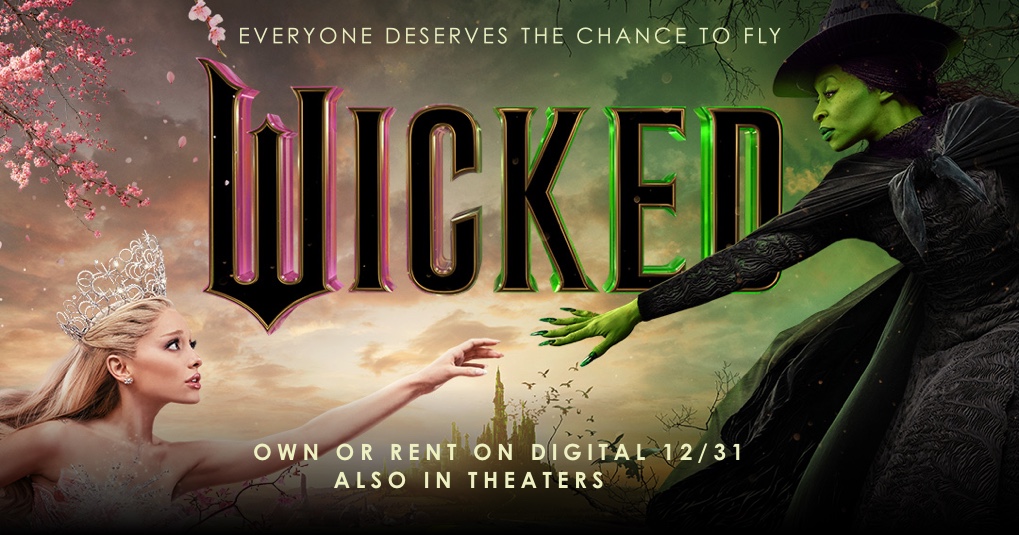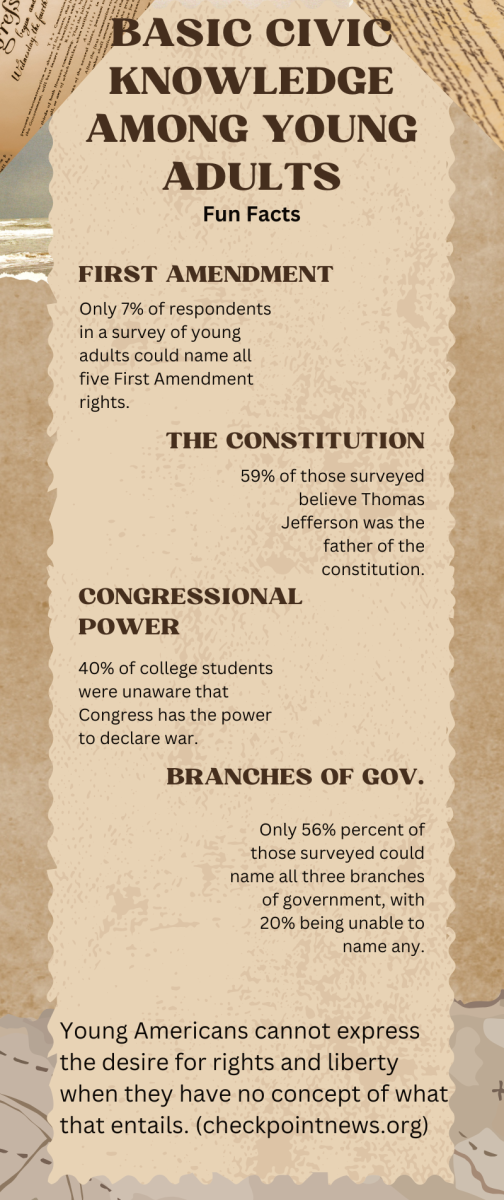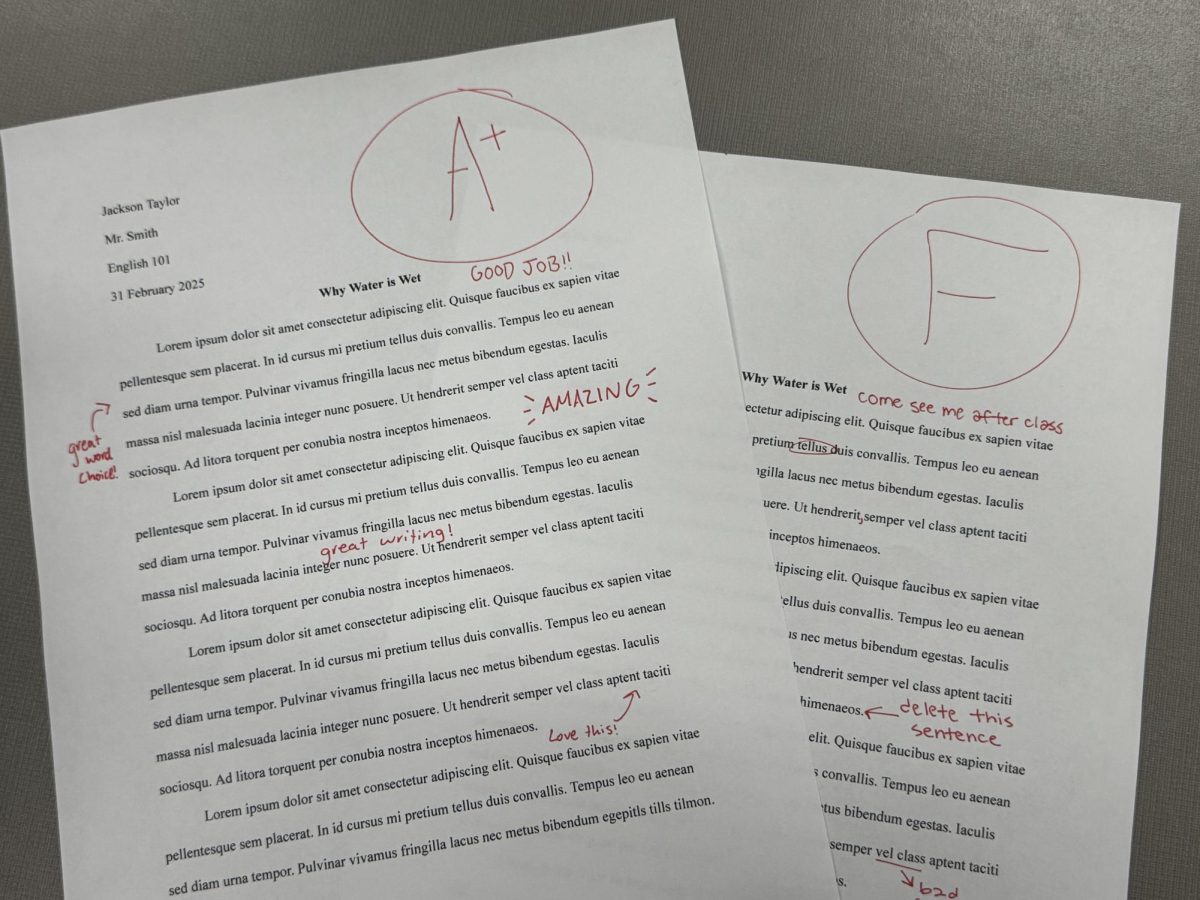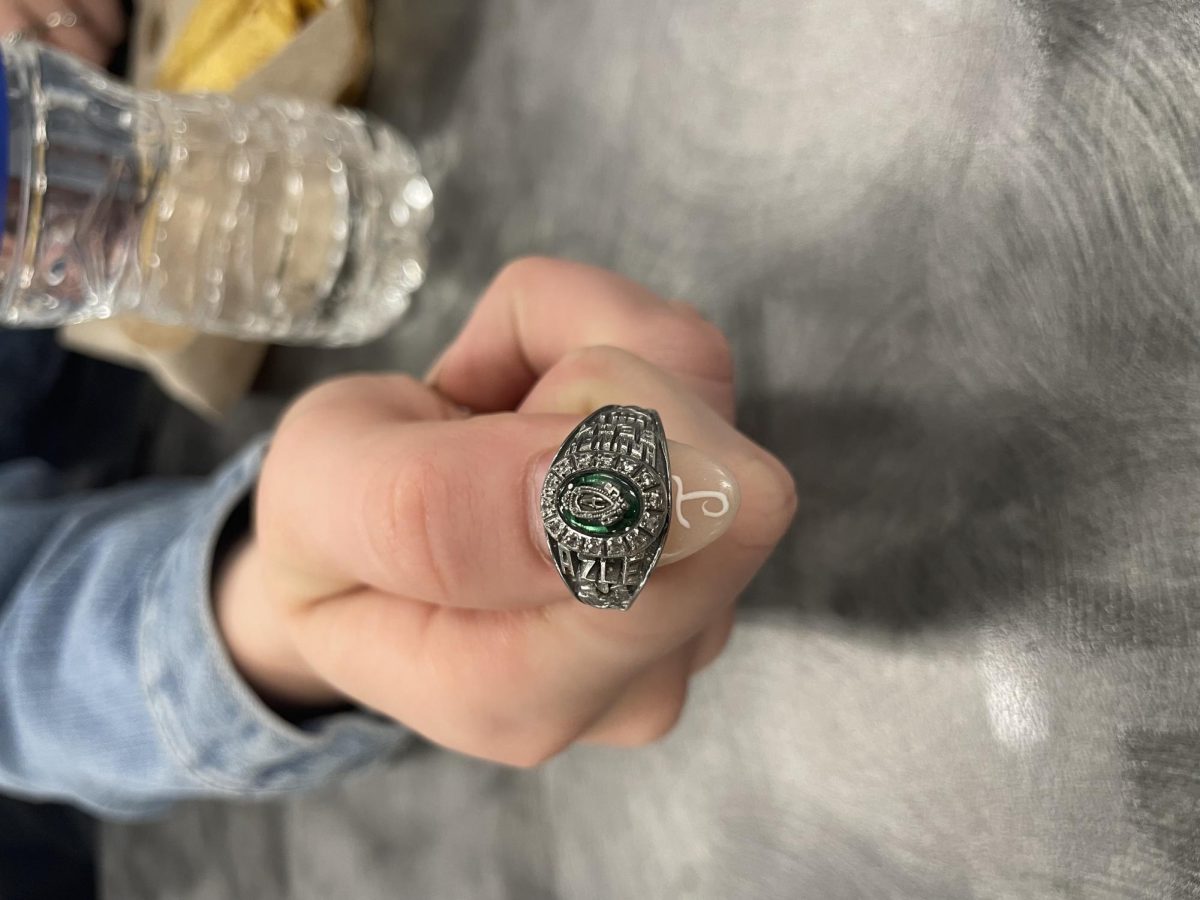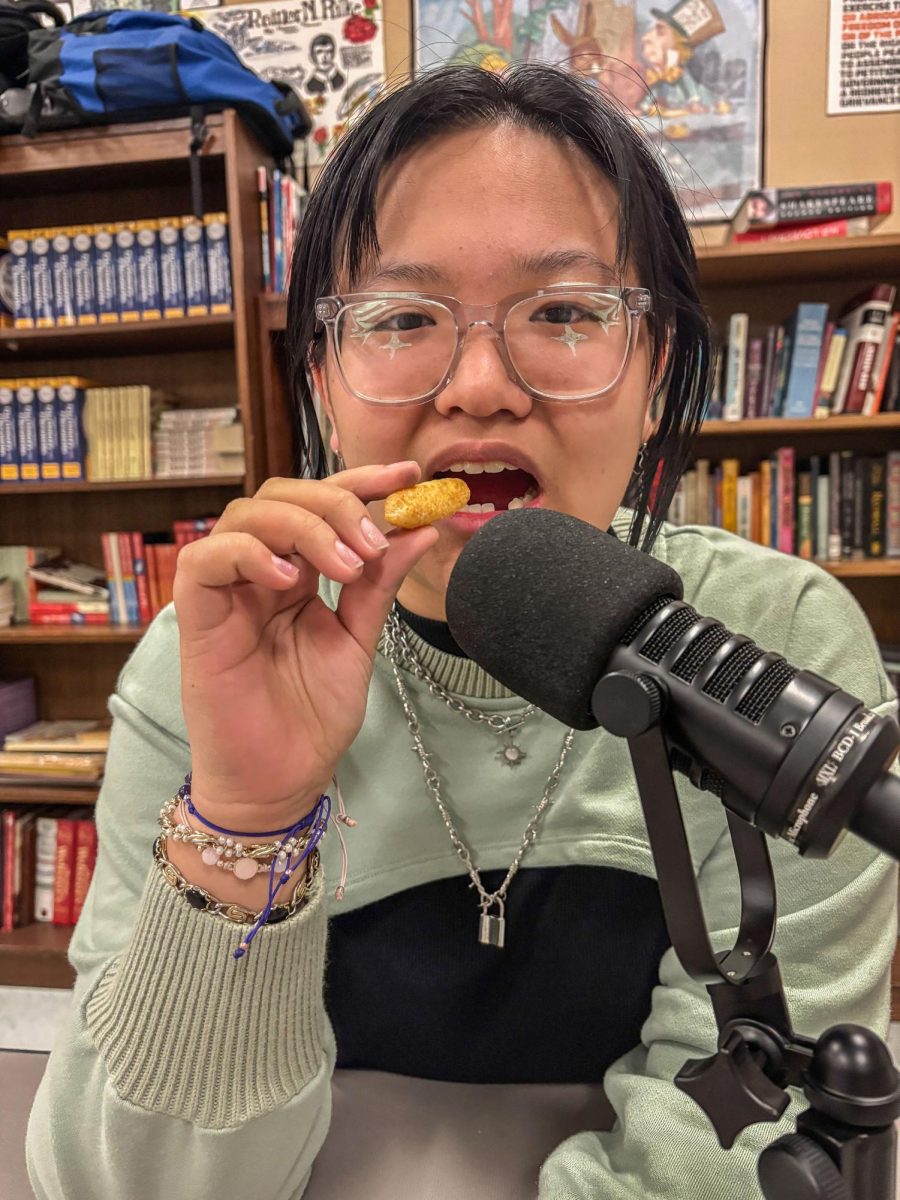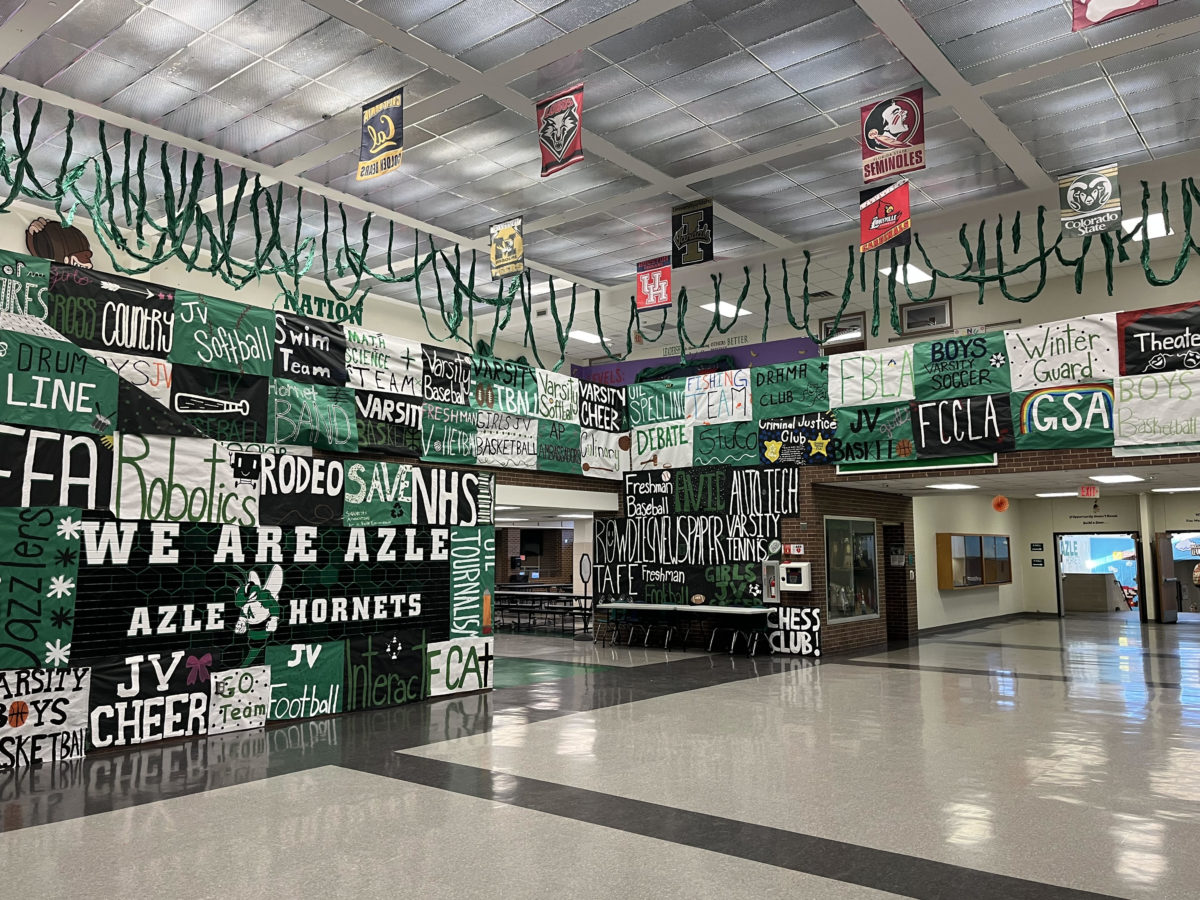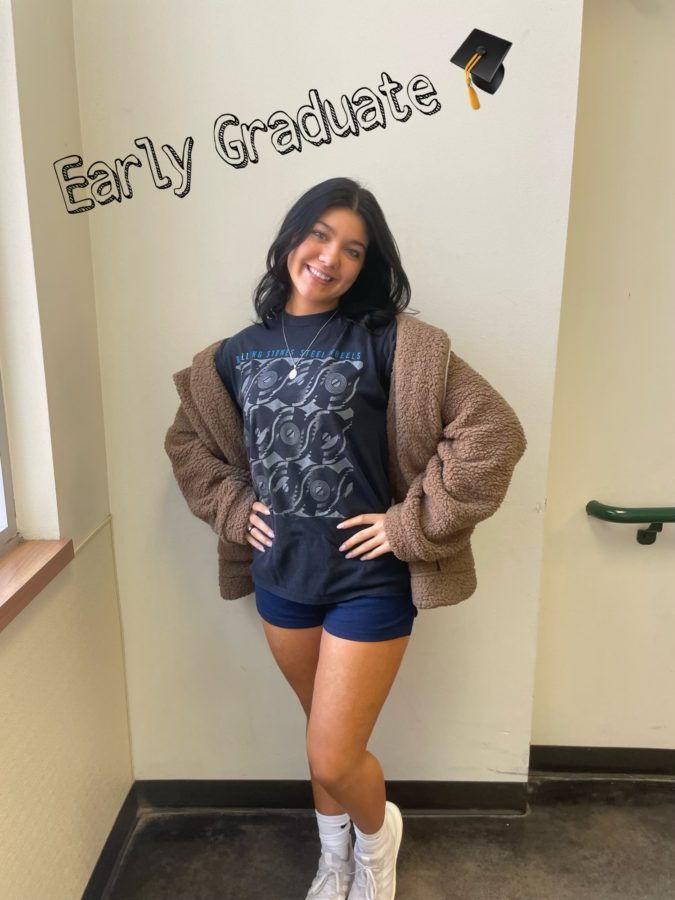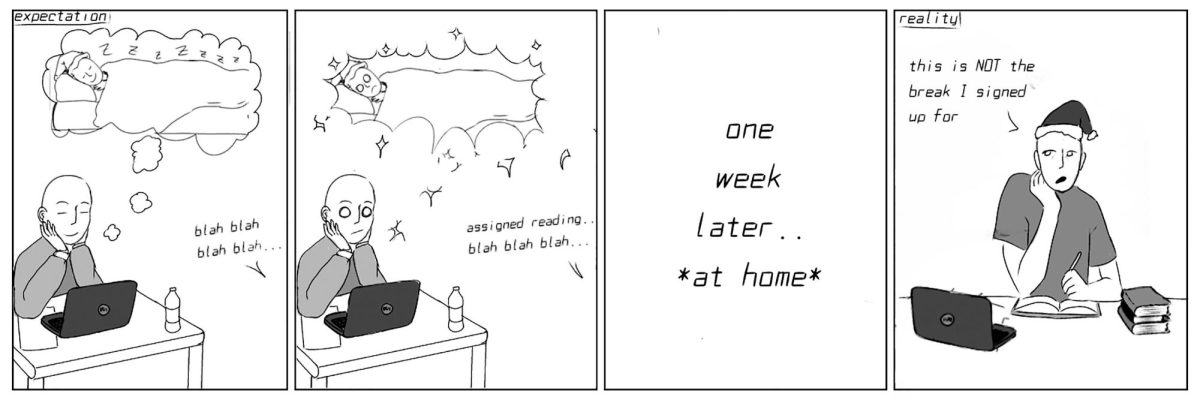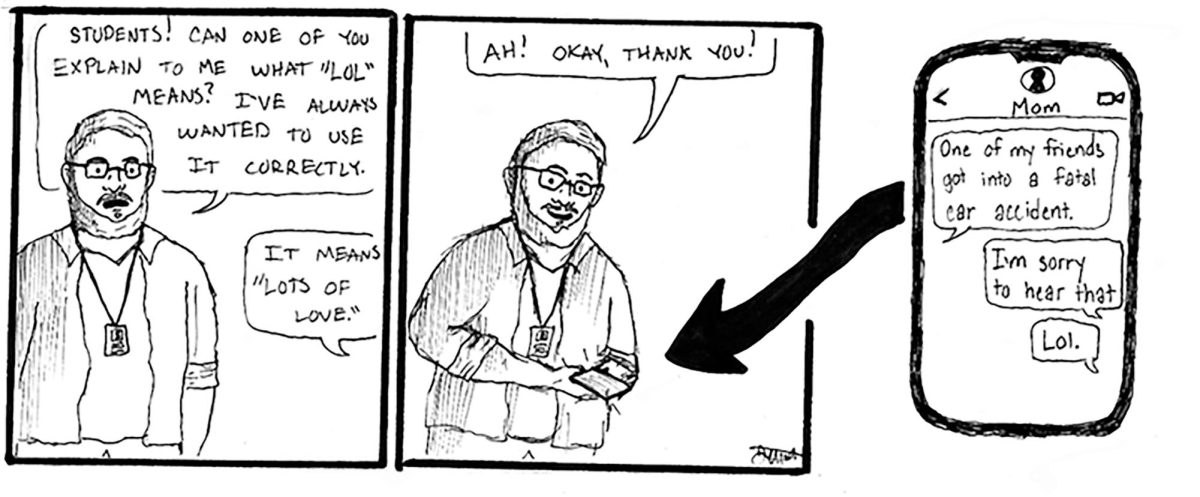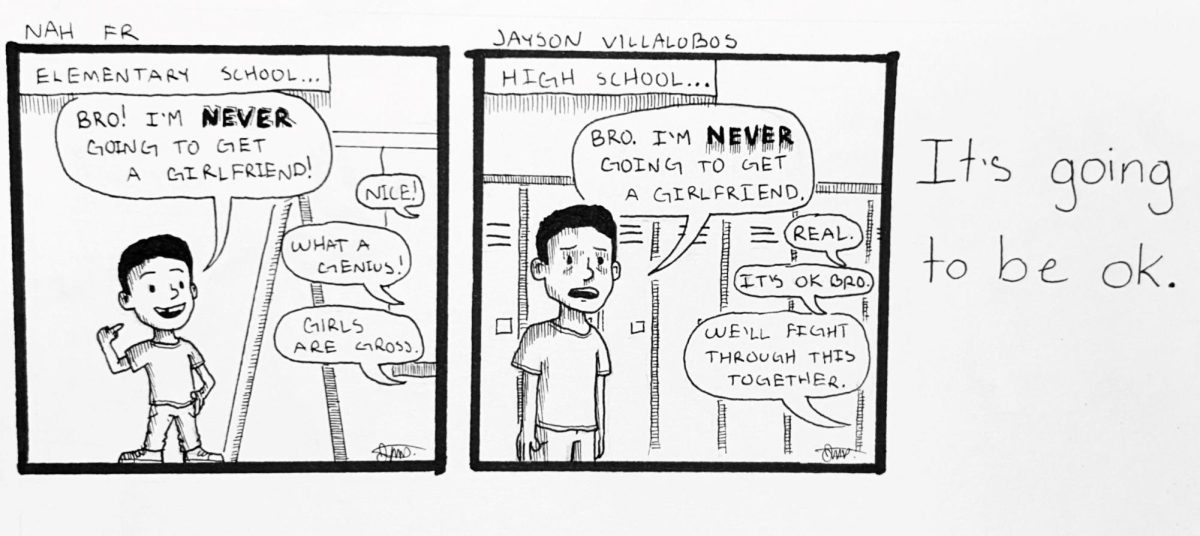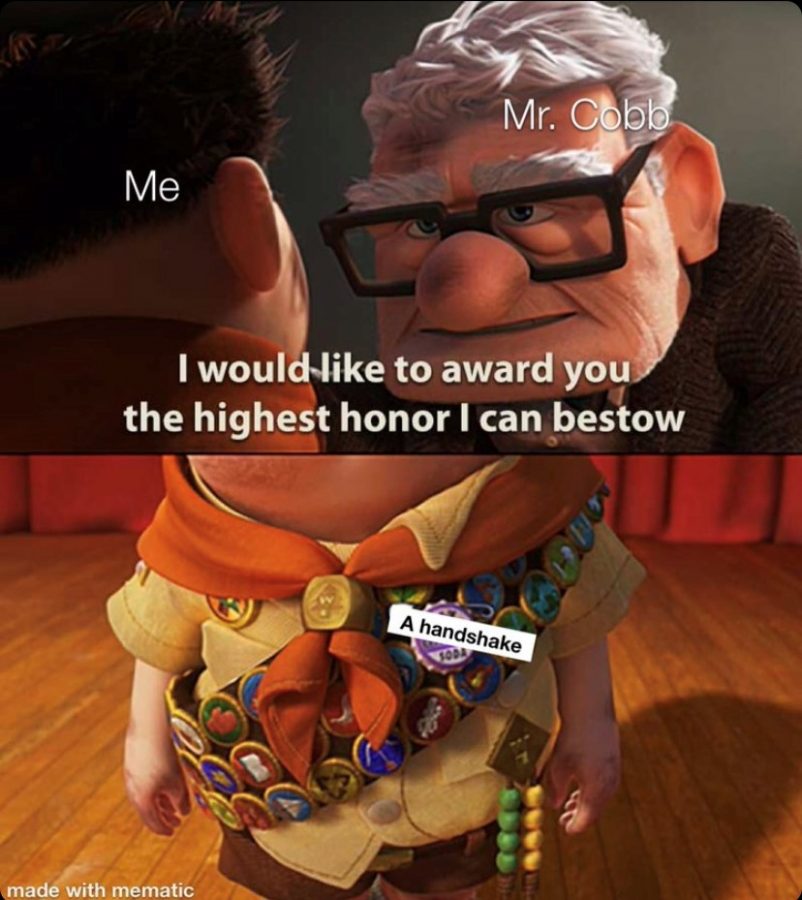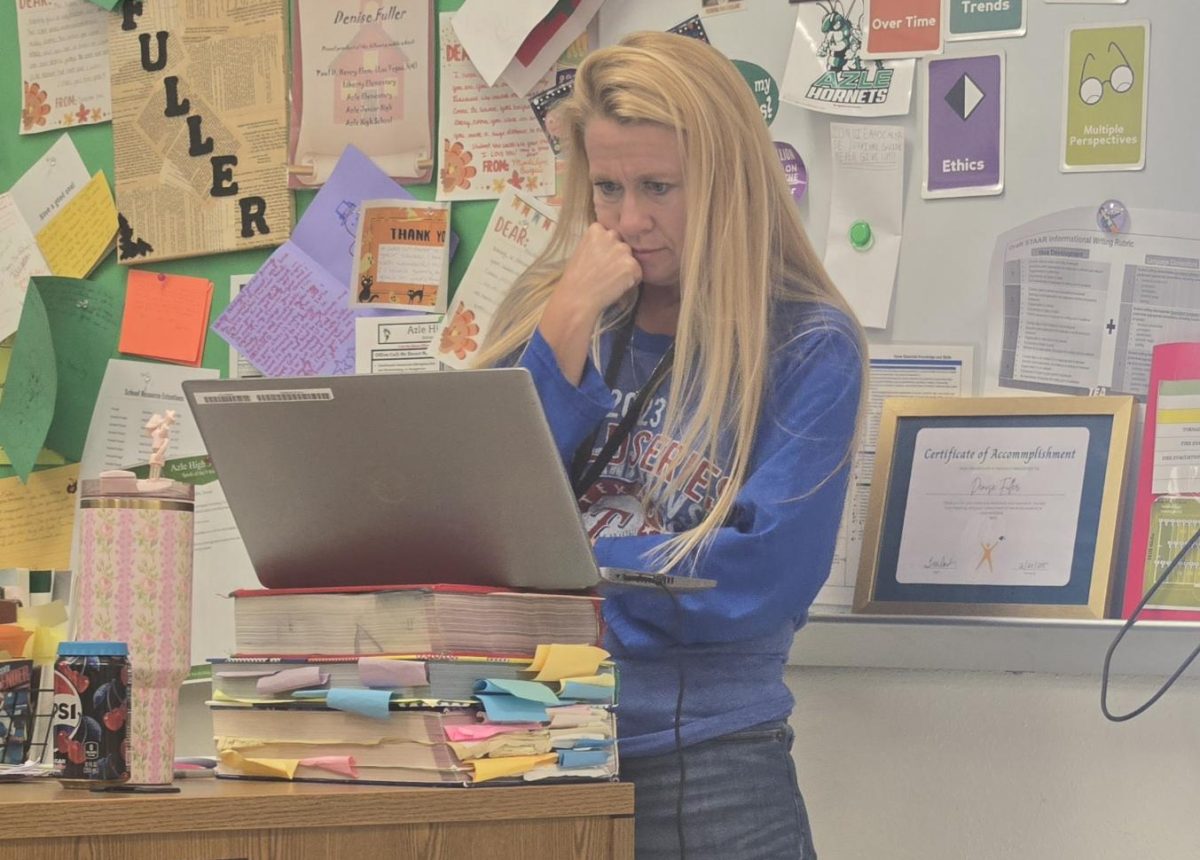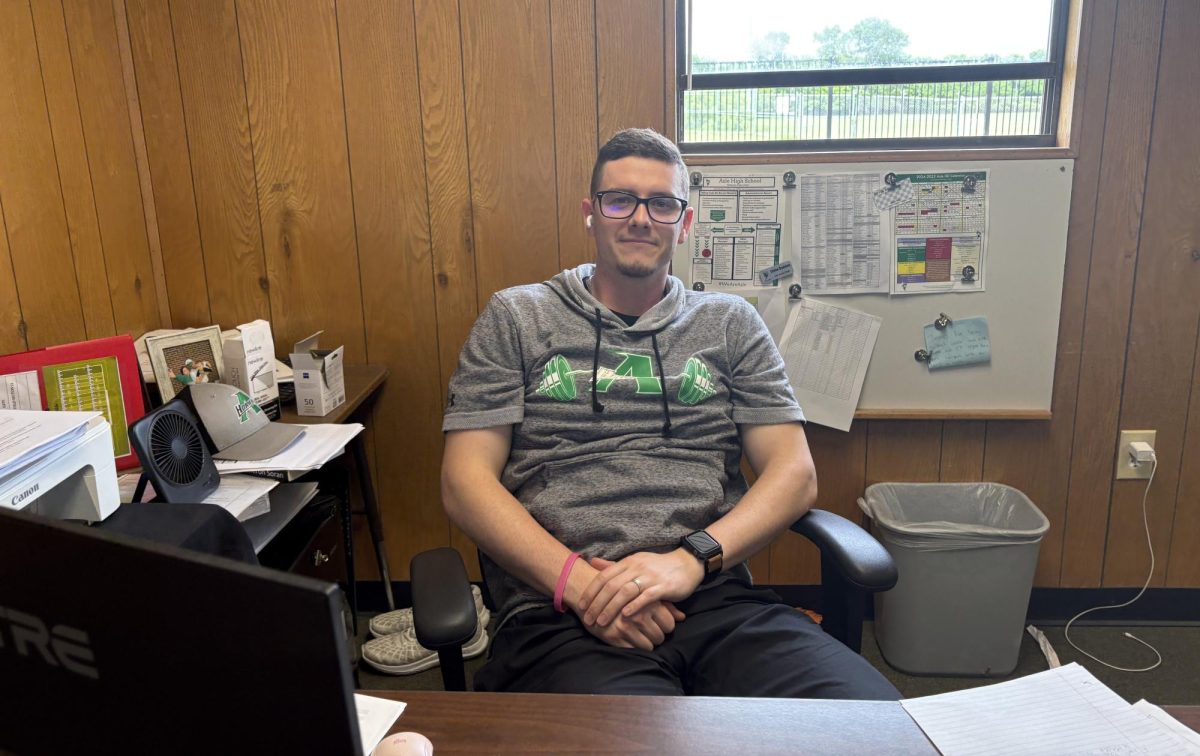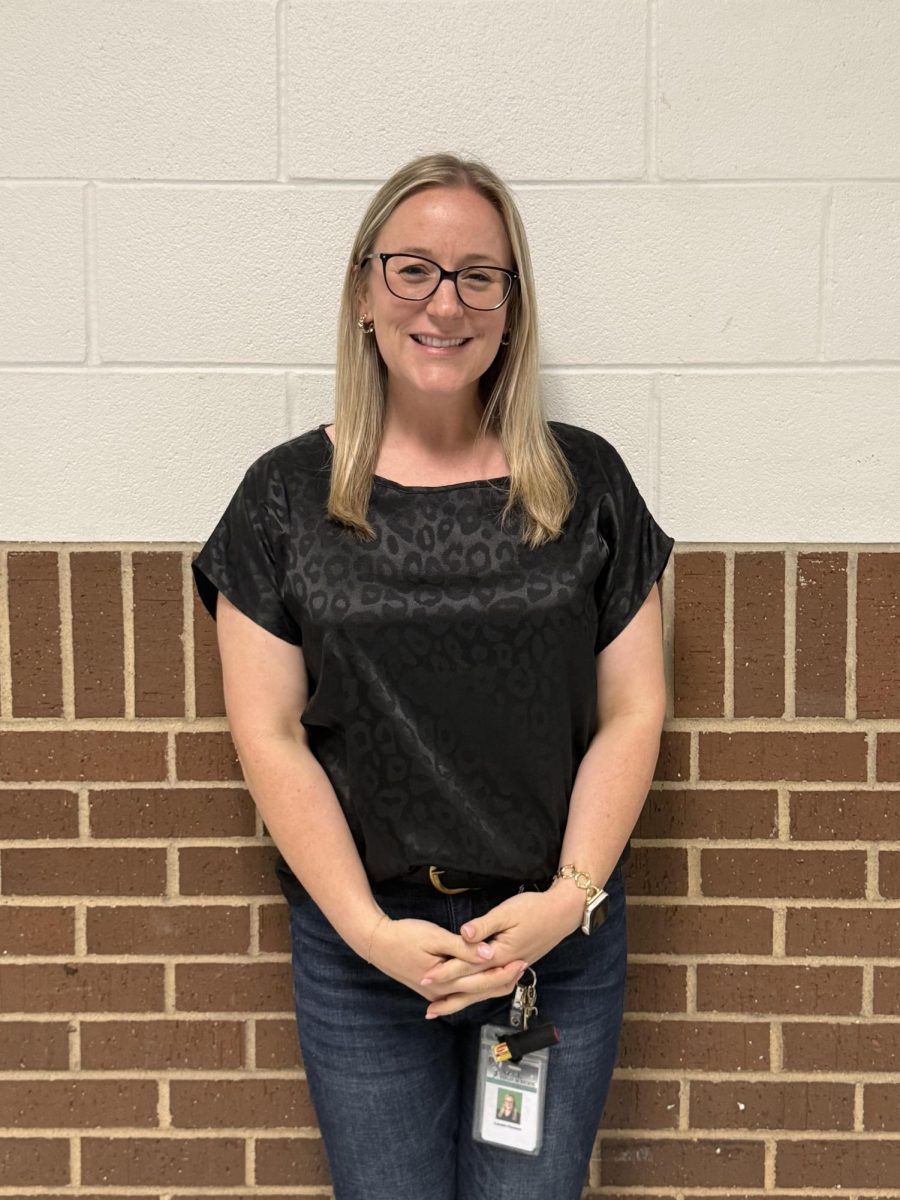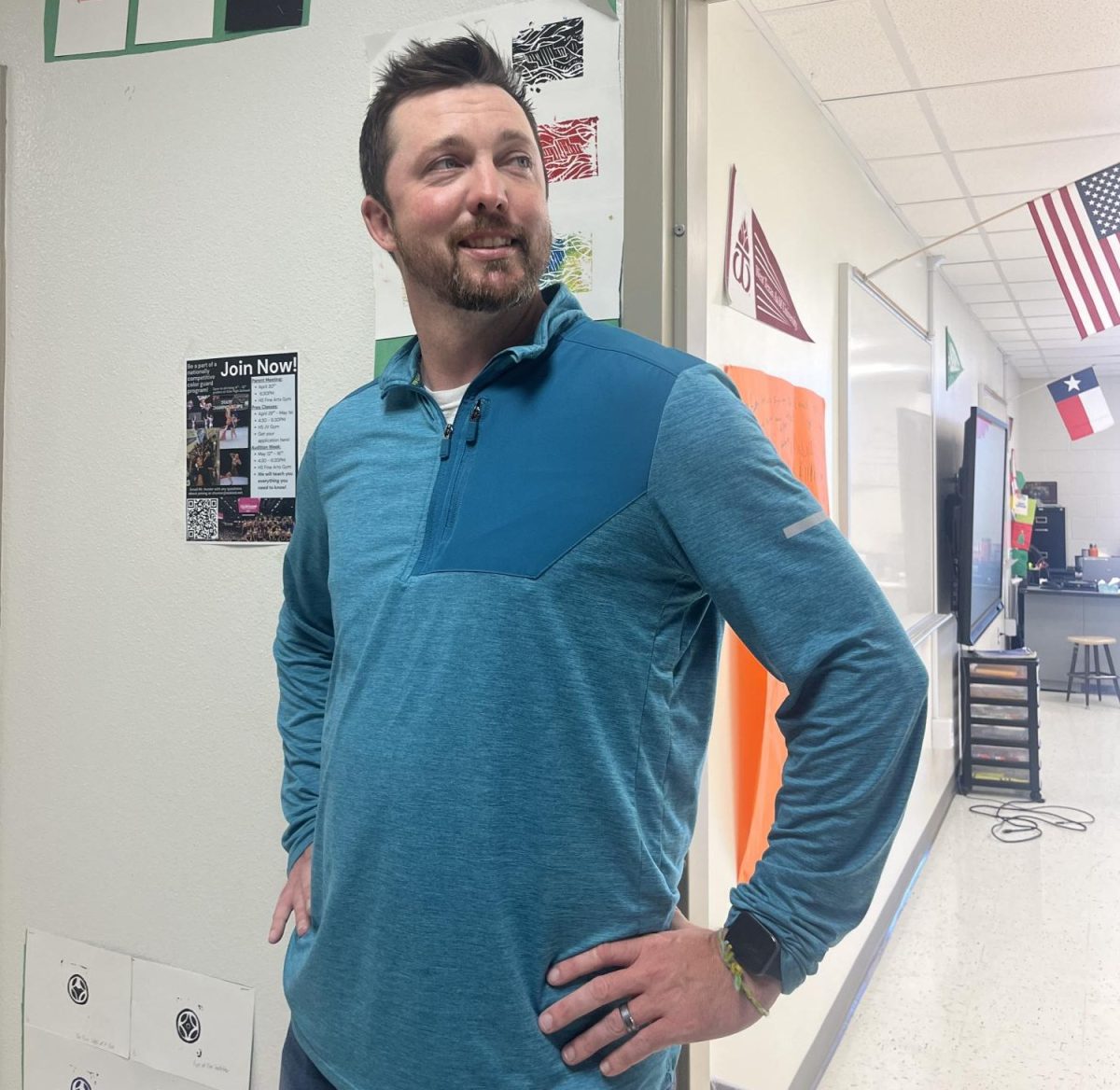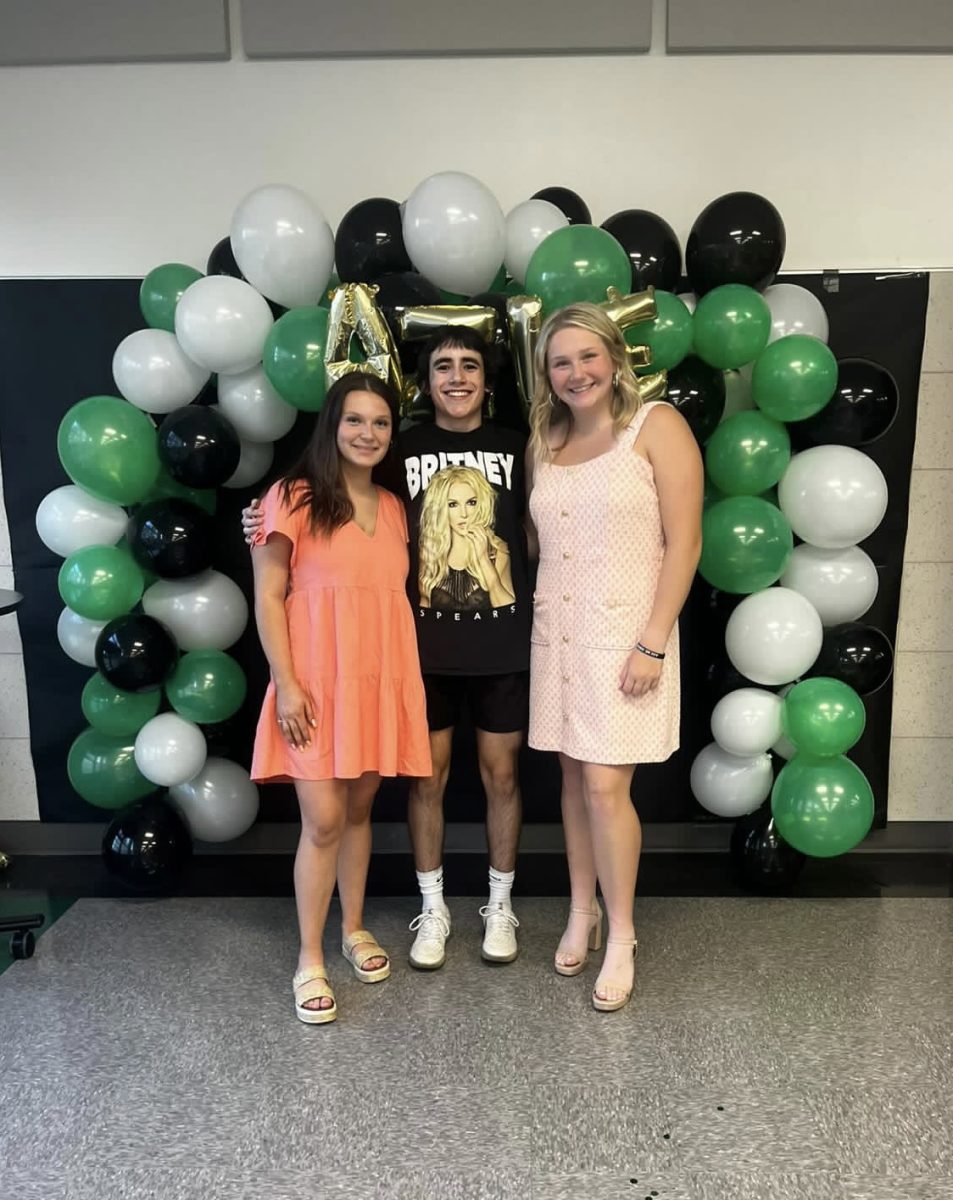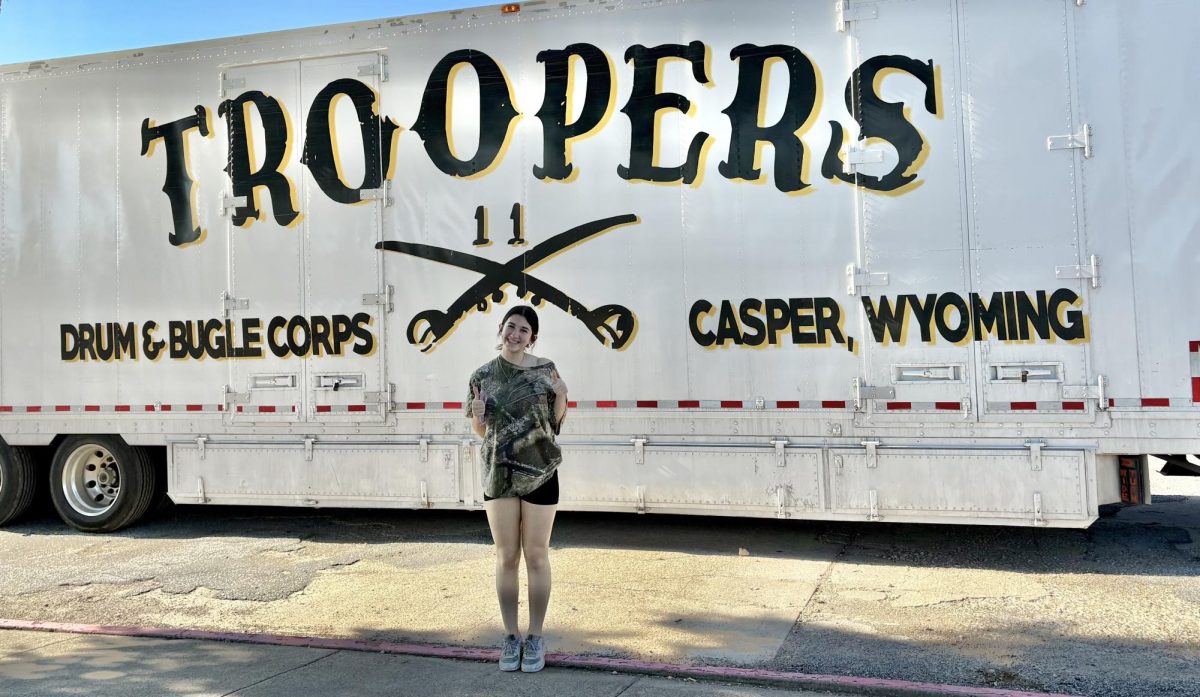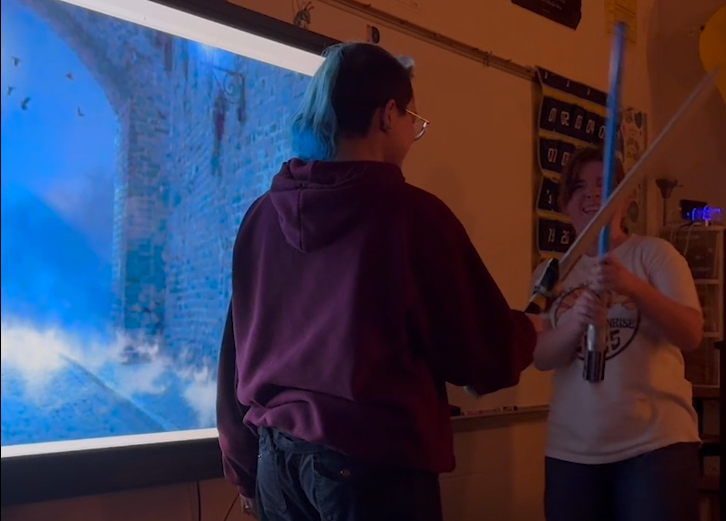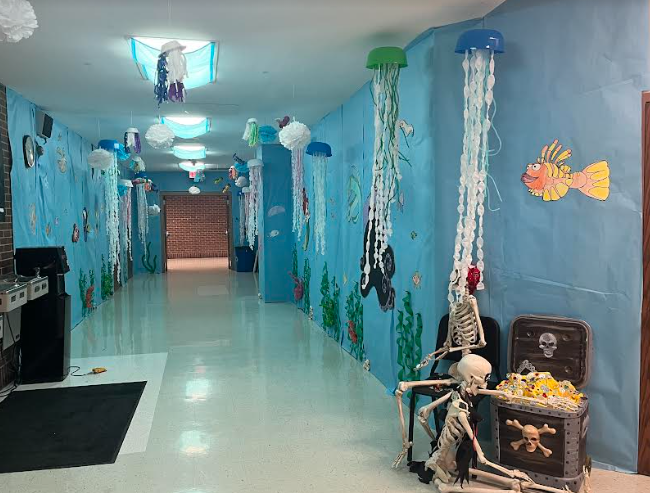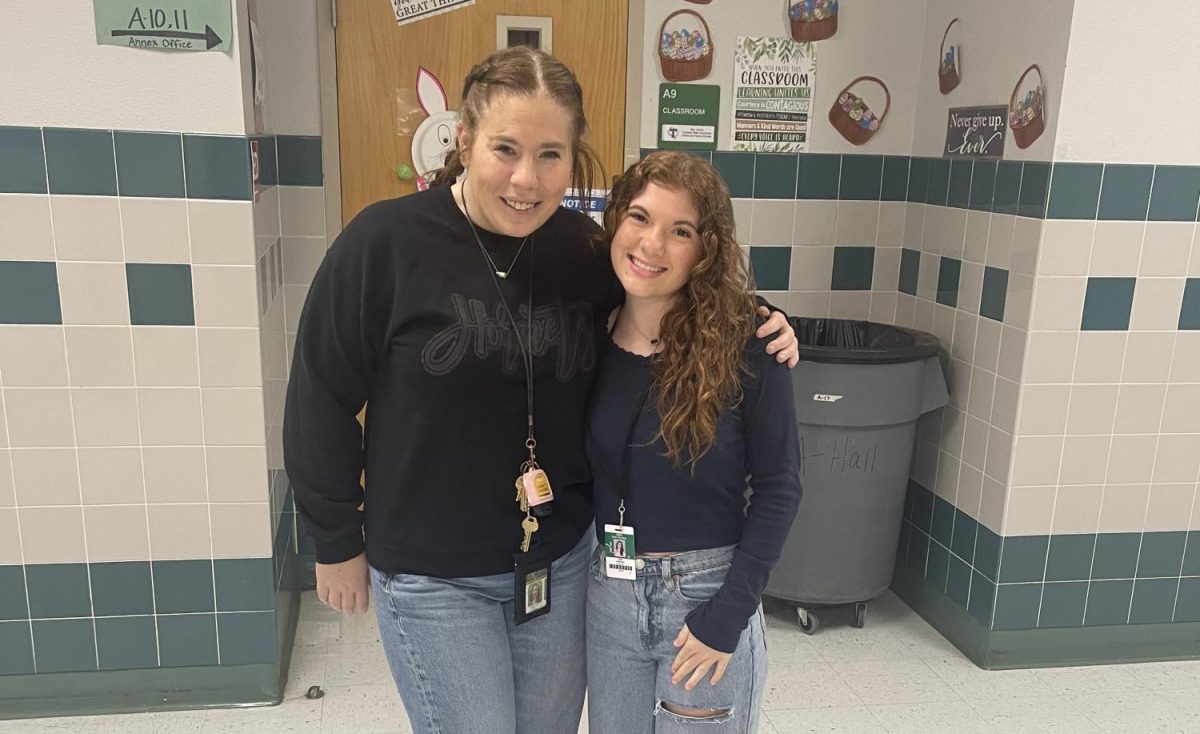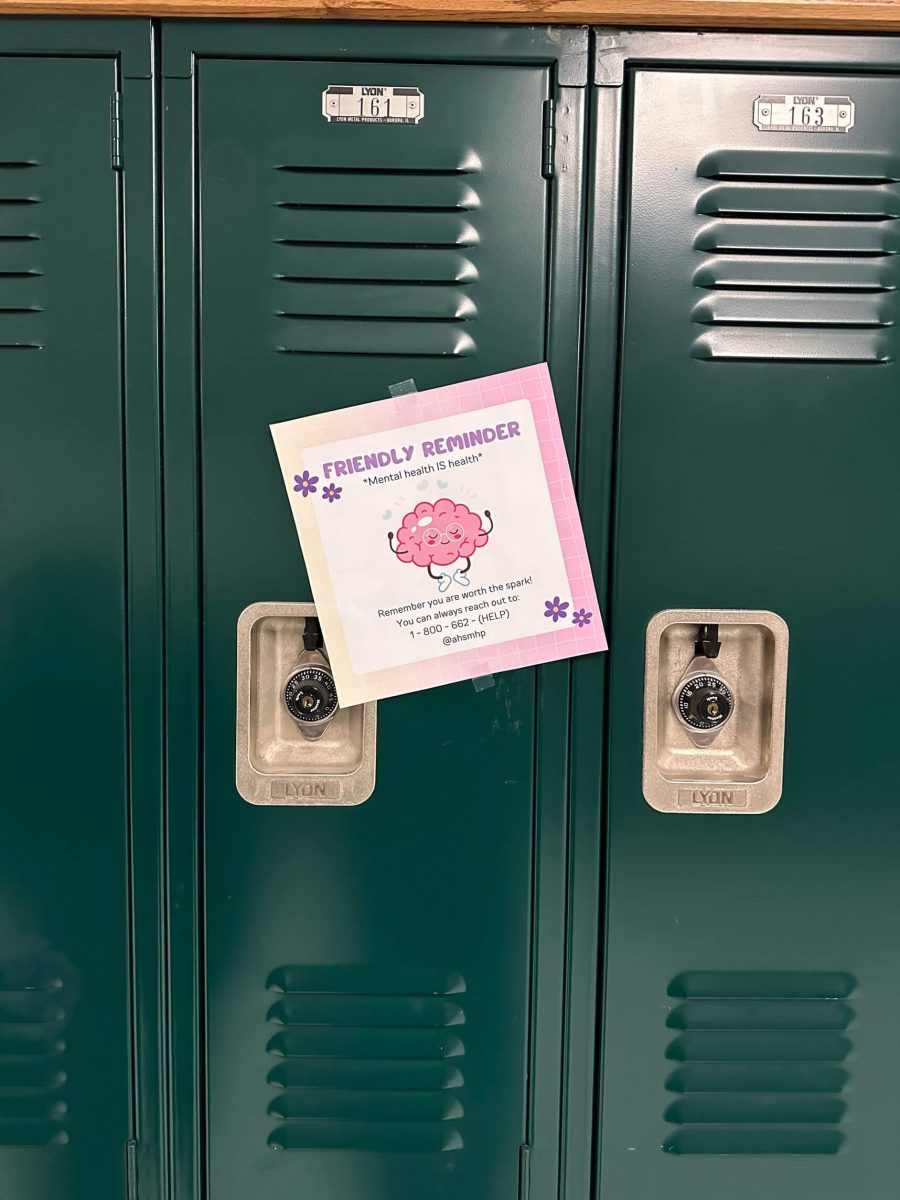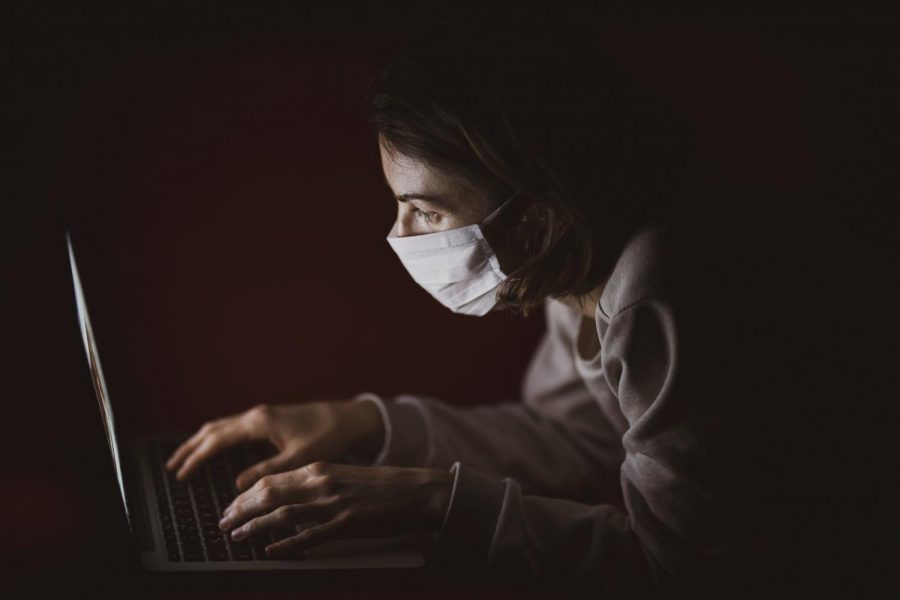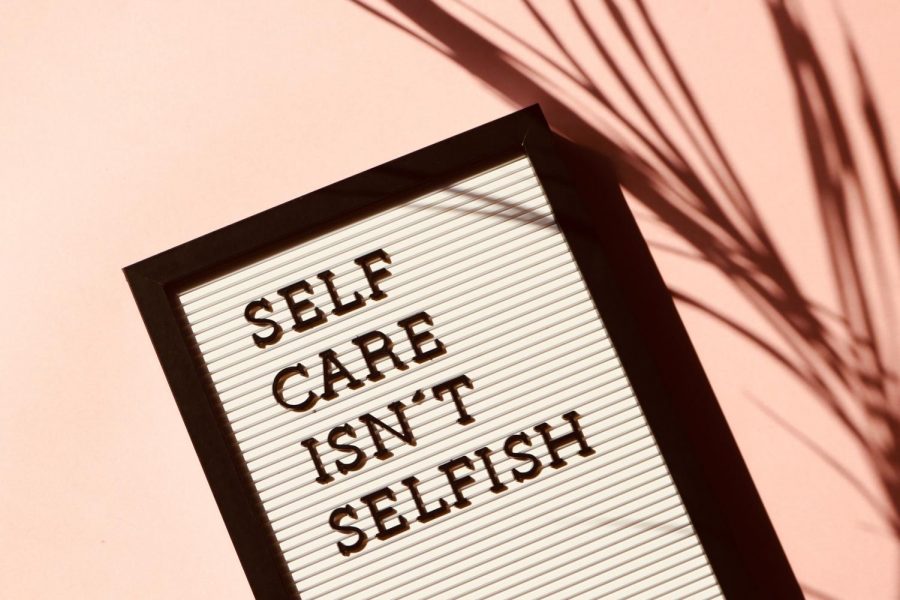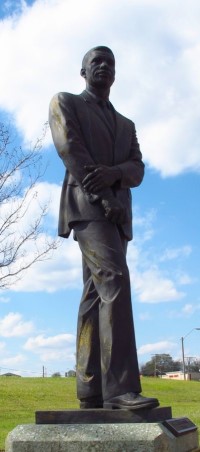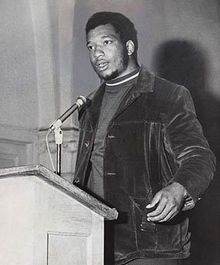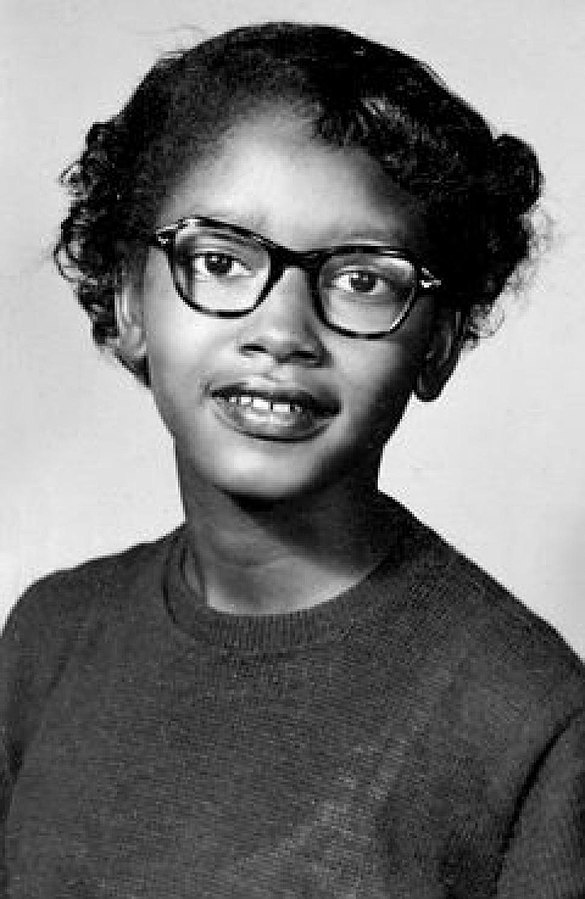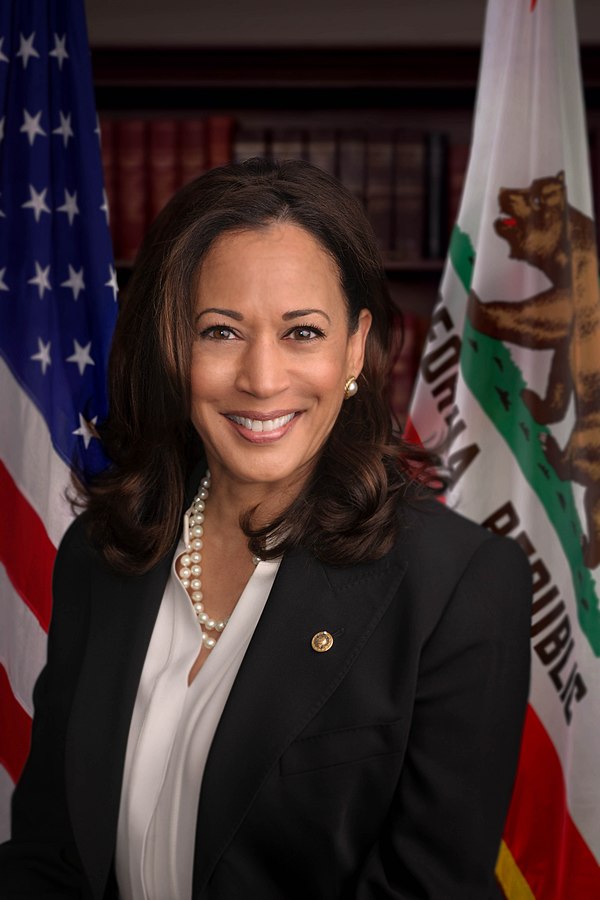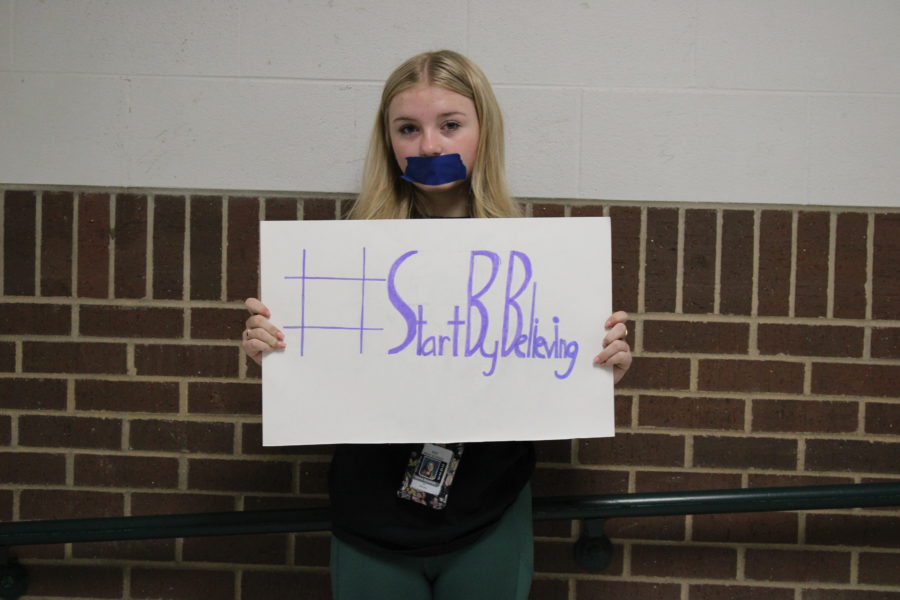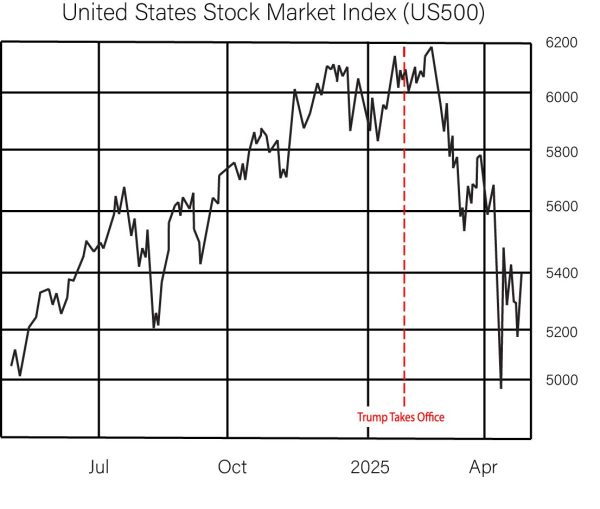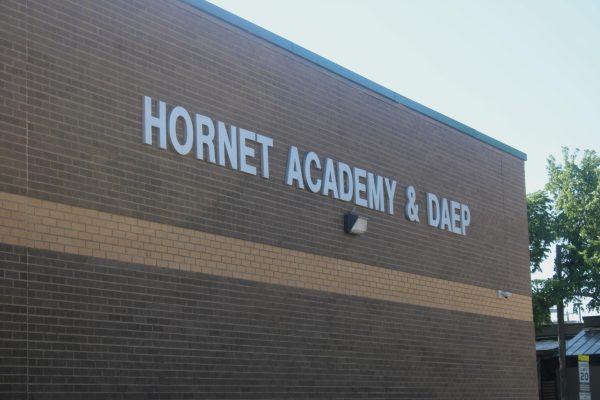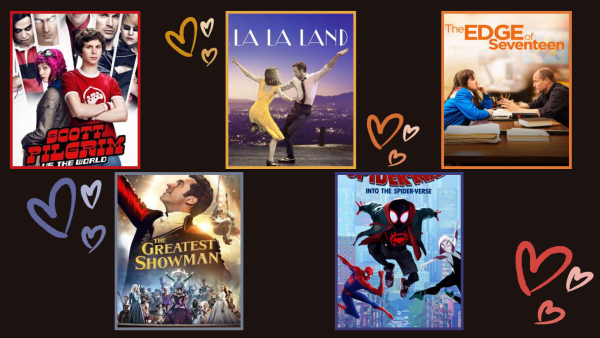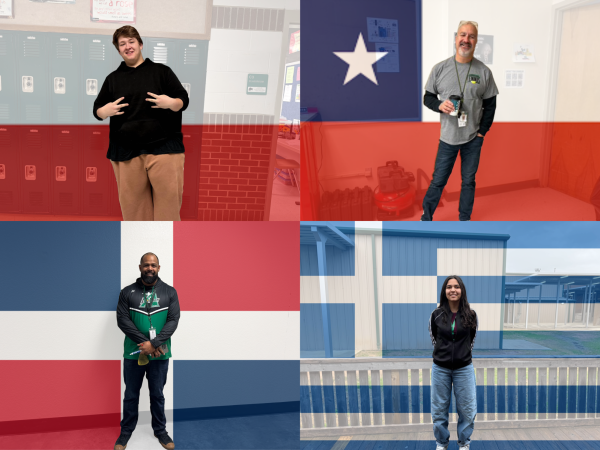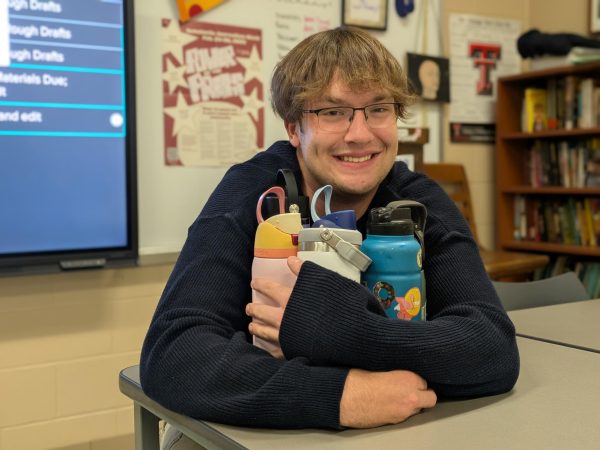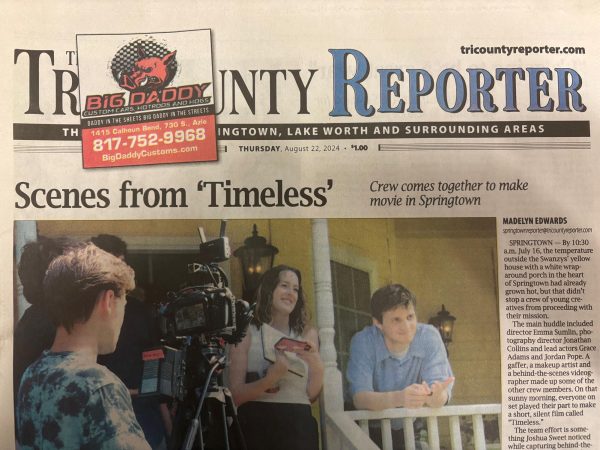Start By Believing:
Students Need to Know the Signs of Dating Violence and Where to Find Help
“The most important thing to say to someone who tells you about their abusive relationship is to say, ‘I believe you.’ #StartByBelieving” Tracy Rector
February was Teen Dating Violence Awareness Month, and according to project #RaiseAwareness, One in three teen girls and one in five teen boys experience physical and sexual abuse by a dating partner.
For film producer and domestic violence awareness speaker Tracy Rector, getting this information to teenagers is paramount. Rector is also an Azle graduate.
“Did you know 16 to 24-year-olds are in the highest risk age group for abusive relationships,” Rector said.
Rector is a domestic abuse survivor from a marriage that lasted 23 years. After leaving the marriage, she picked herself up and made a name for herself. She became the executive producer for “No Ordinary Love,” a movie that tells the story of two women whose lives intersect as they try to deal with their toxic marriages, and she is now self-employed as a Domestic Violence awareness speaker.
“My marriage was difficult, but I didn’t realize it was abusive because there was no violent physical abuse that landed me in the emergency room,” she said. “After leaving the marriage and finding my voice again, I knew I wanted to raise awareness of domestic violence and dating violence.”
Rector said her experience with domestic violence was the fuel to her passion, and she wanted to raise awareness globally since this is a global issue, so she made “No Ordinary Love.”
“Becoming a filmmaker was quite an adventure,” Rector said. “Once the film began streaming, I created a program to take it to college campuses to screen and talk with students about healthy relationships and dating abuse.”
Rector served on the board of directors for SafeHaven of Tarrant County, the second-largest domestic violence survivor shelter and assistance agency in Texas. As board chair, she said she saw first-hand the tremendous need for more awareness of services available, but also the acute danger many victims faced.
During the summer, after the break up of two anonymous students, one of the students in the relationship said she avoided her ex and wouldn’t let him go to her house and blocked him on everything.
“We dated for like three months and then we broke up,” Anonymous said. “Then he harassed and stalked me and threatened to kill himself if I didn’t date him.”
There are counselors around schools that will give restraining orders and travel to other schools to talk about these situations.
“Once I got to school and he started following me around, I reached out to the counselors and they were able to put something in place,” Anonymous said.
Resources received from Rector come from loveisrespect.org, a website created for teens to learn more about healthy relationships. If you have any concerns for your own relationship or for that of a friend, you can, Text: Loveis to 22522. You can also call 866-331-9474, and/or Chat: loveisrespect.org. You can also call the local hotline number with SafeHaven: 877-701-7233.
“If you are experiencing an abusive relationship, help is available,” Rector said. “No one deserves to be mistreated, to have their partner demean them, humiliate them or to give up control over their decisions and life. Abuse is a gradual process that may look like love at first. It can be confusing. There is no shame in being in an abusive relationship. It is not your fault. The abuser carries all the responsibility.”
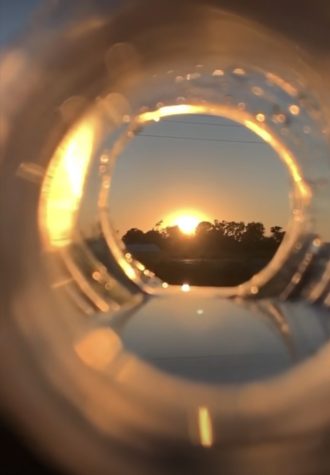
I like photography and writing, my favorite color is purple, and I love animals more than people.

